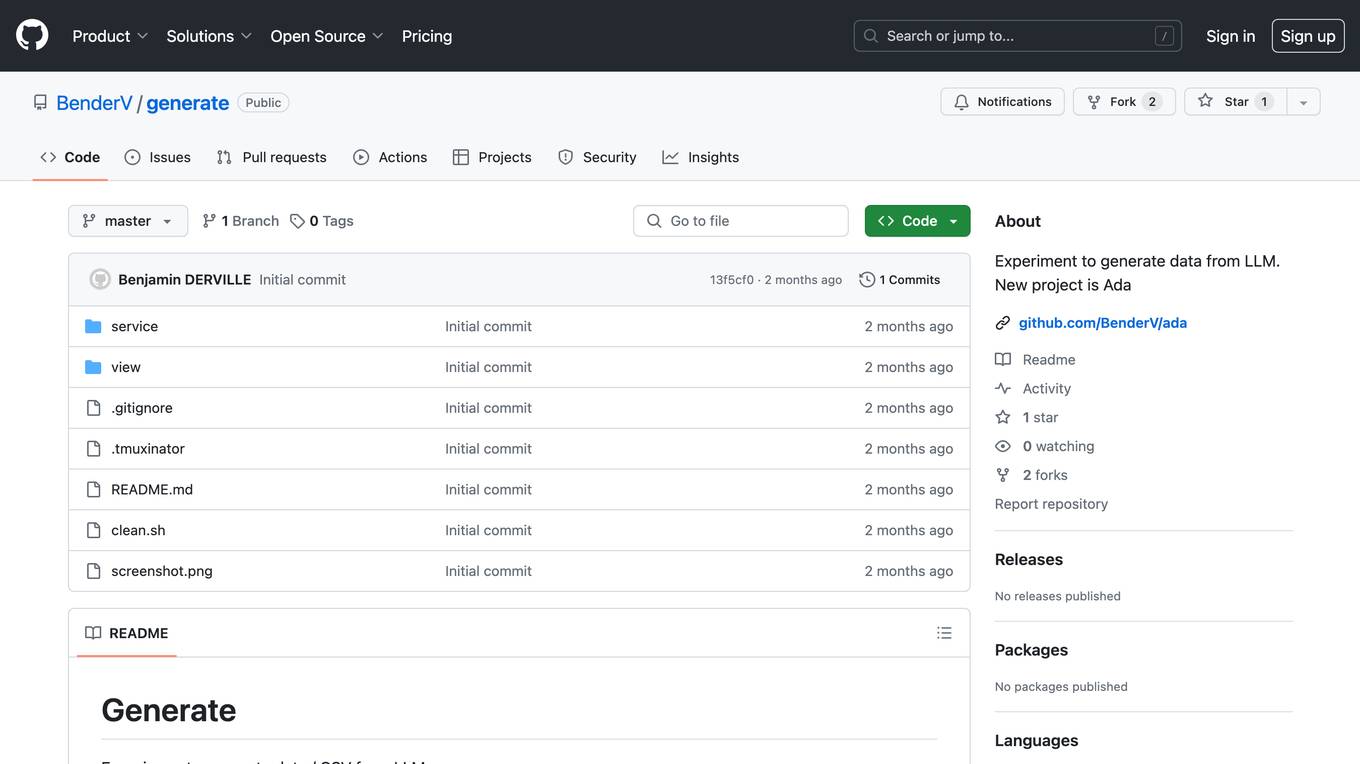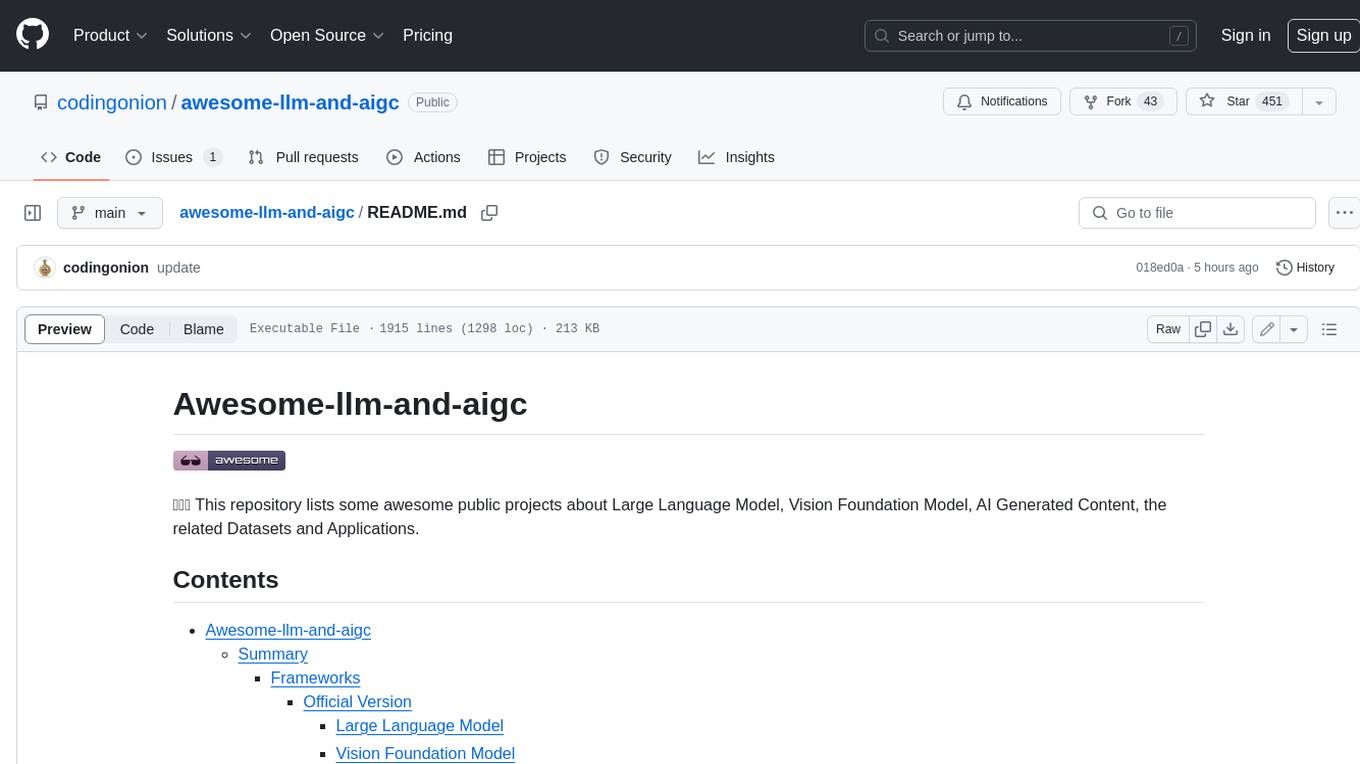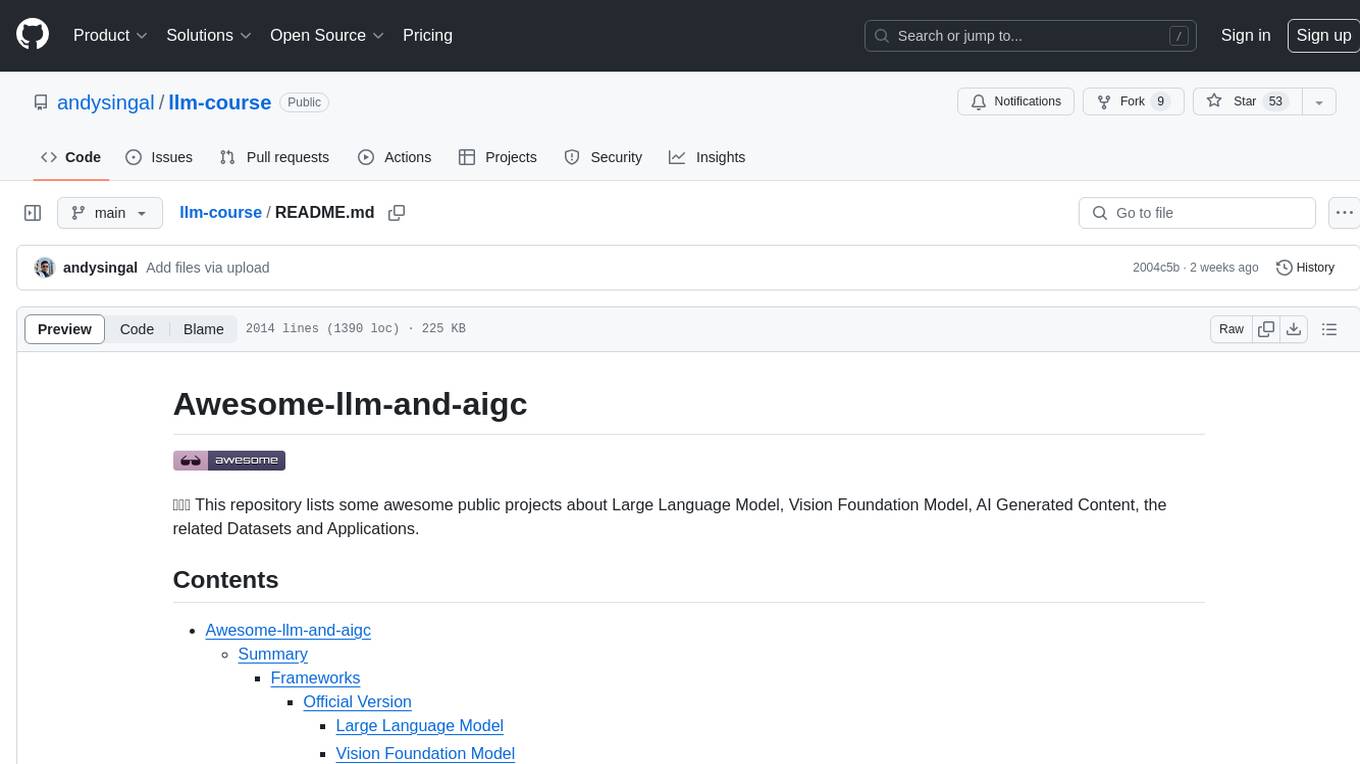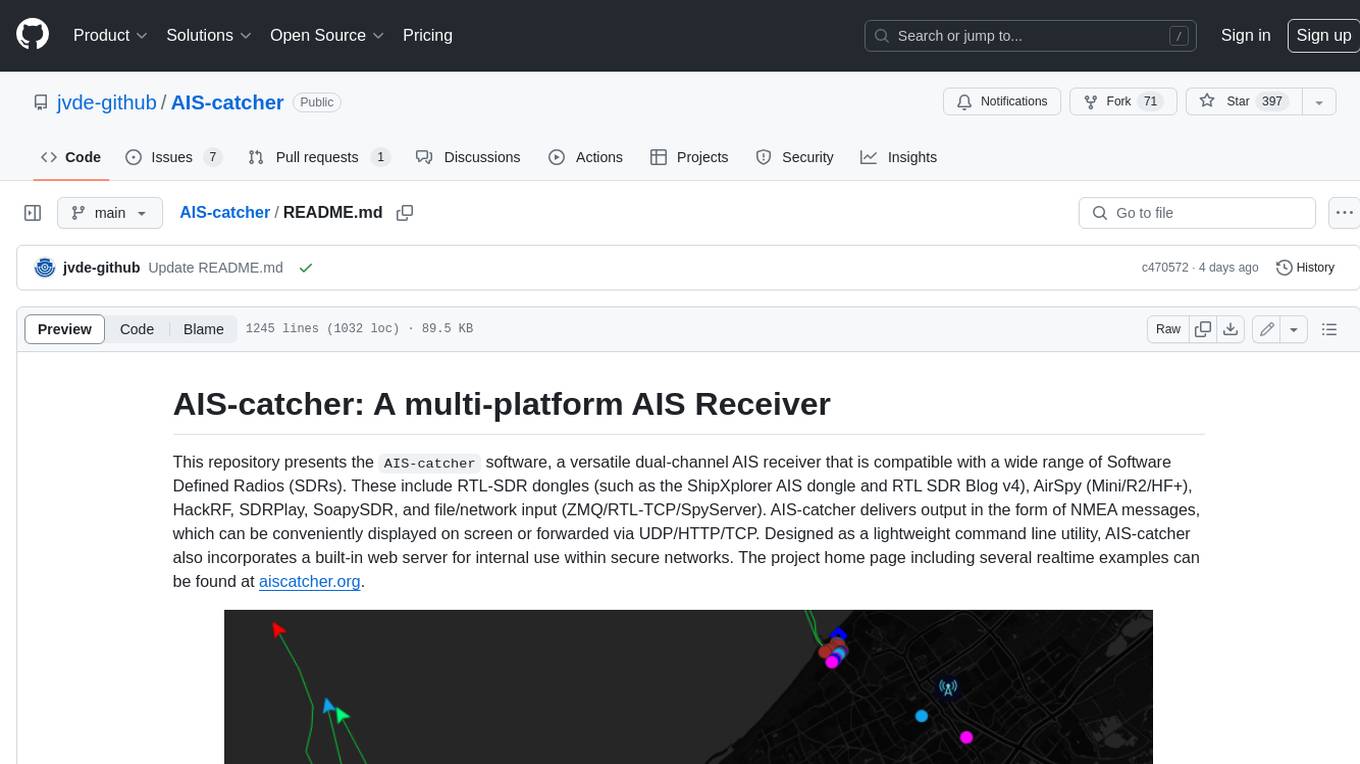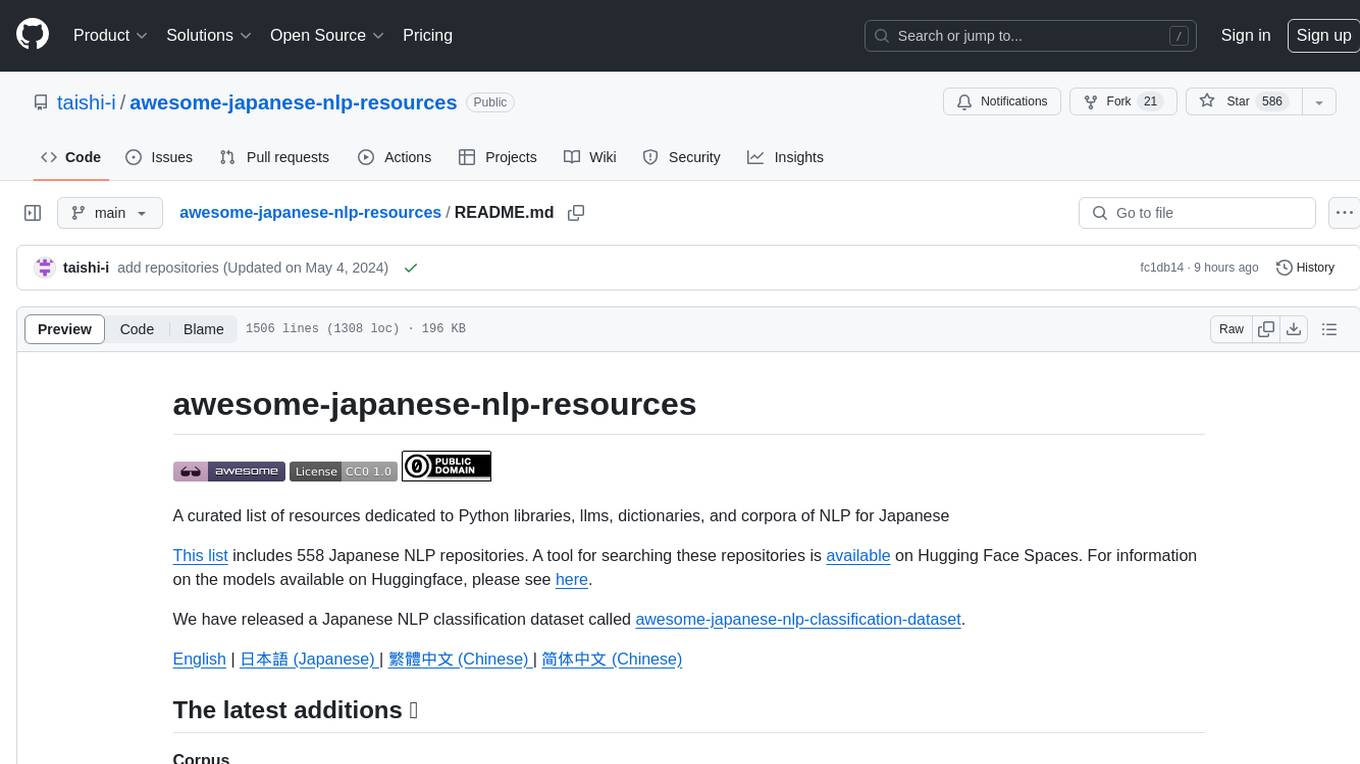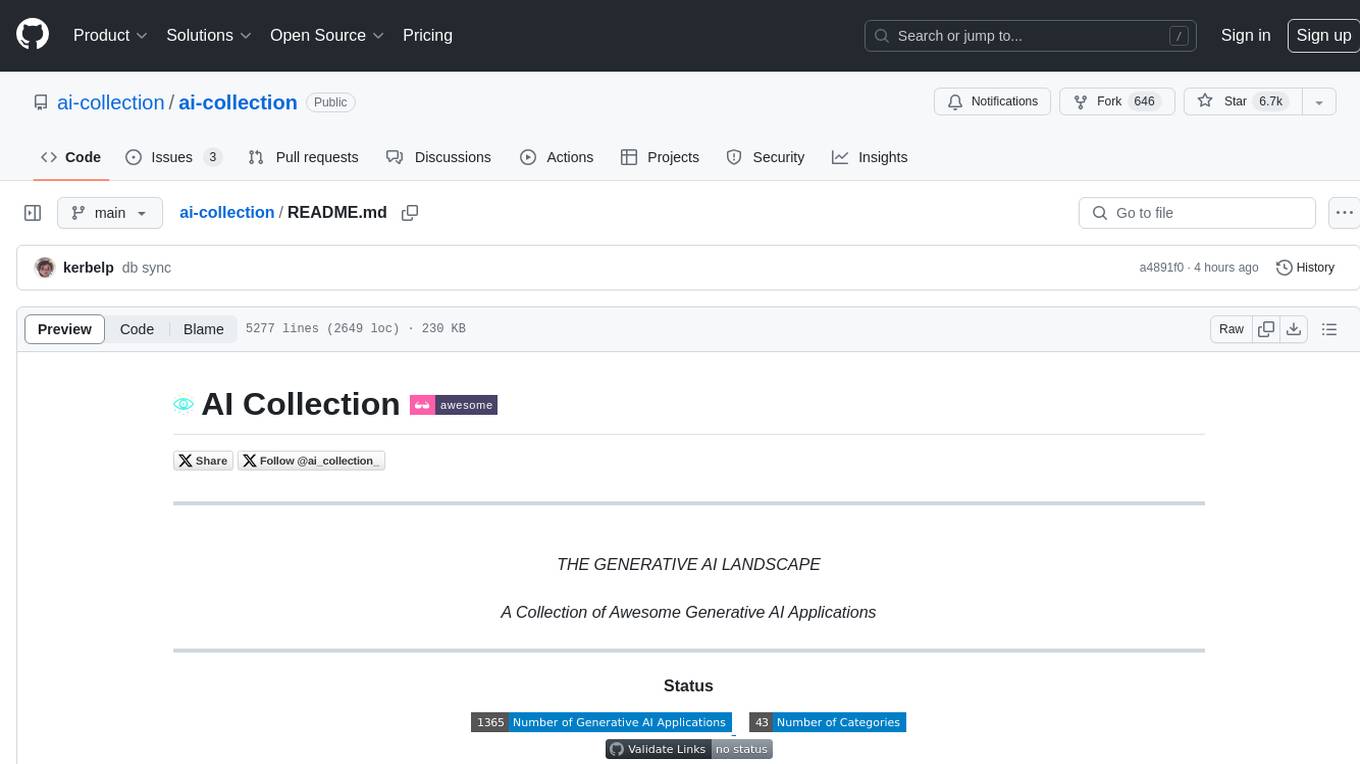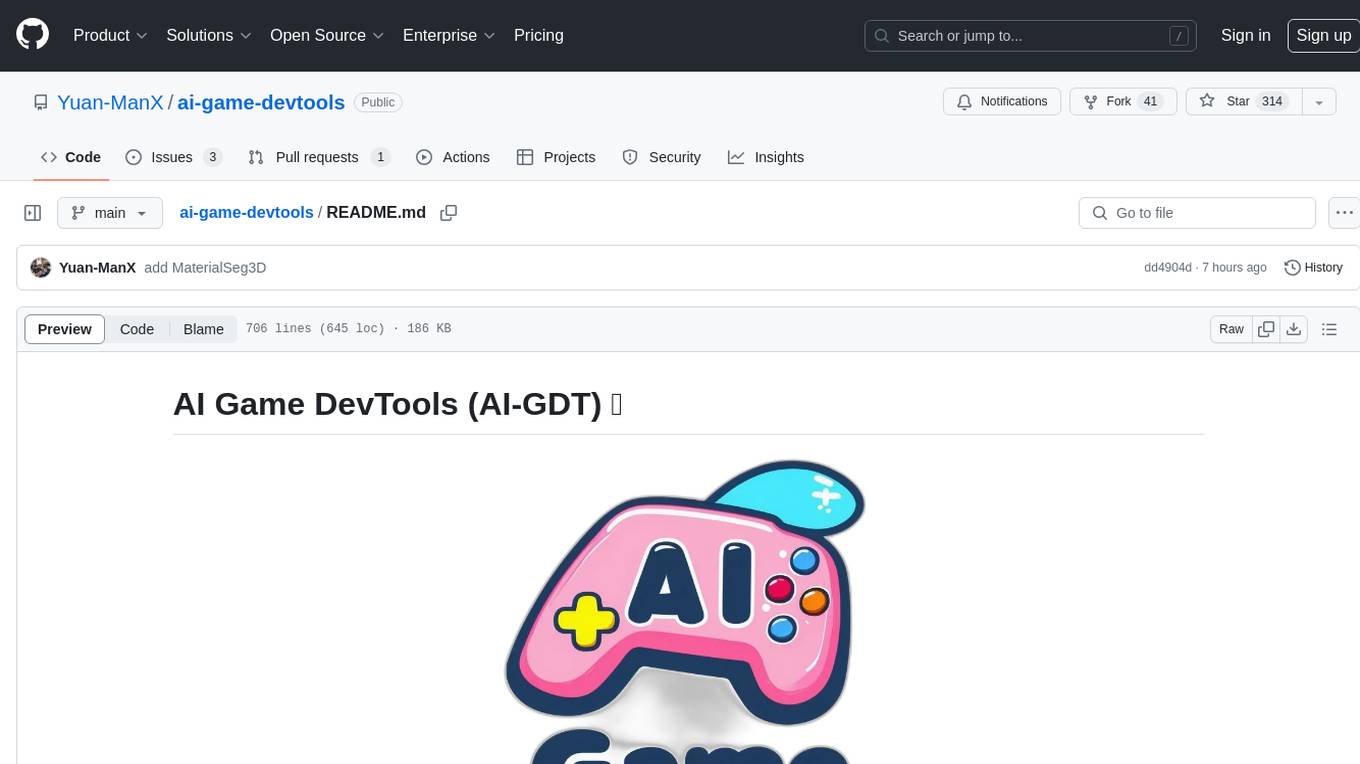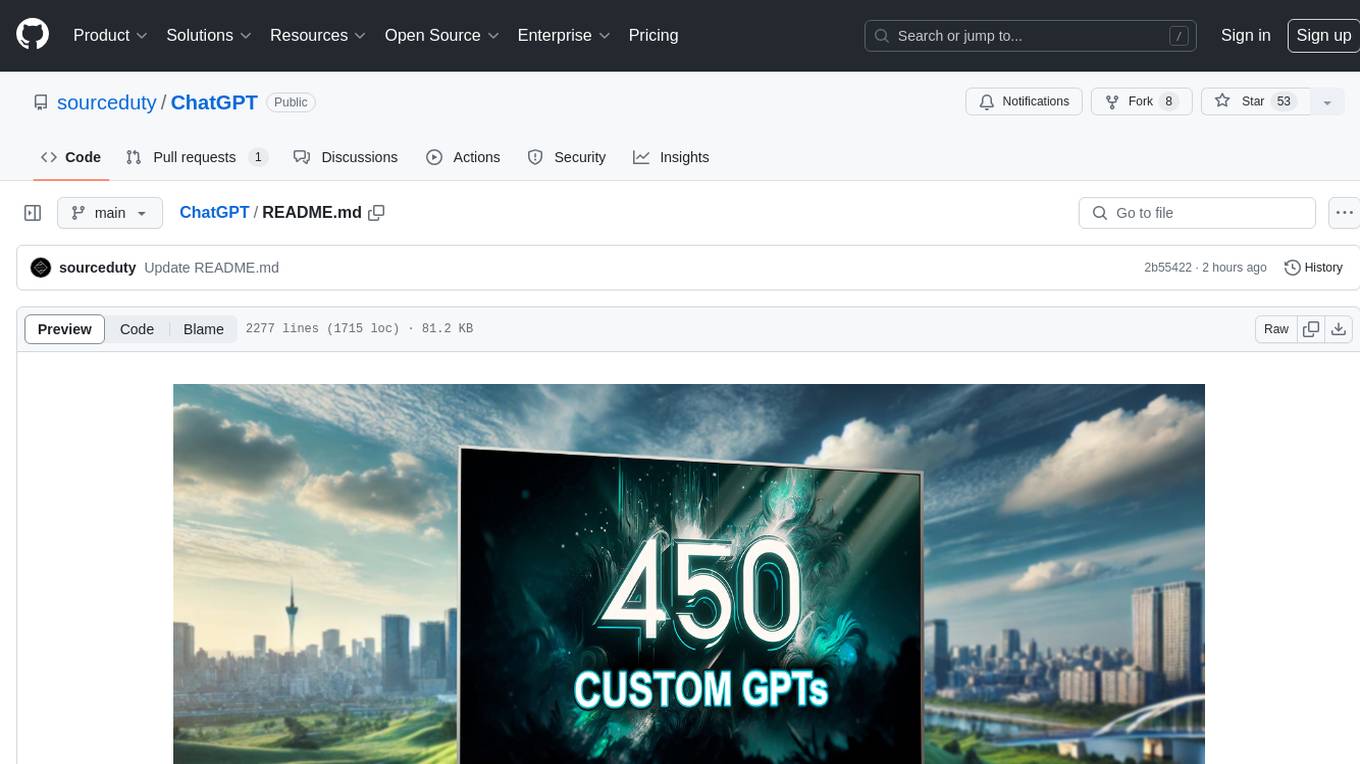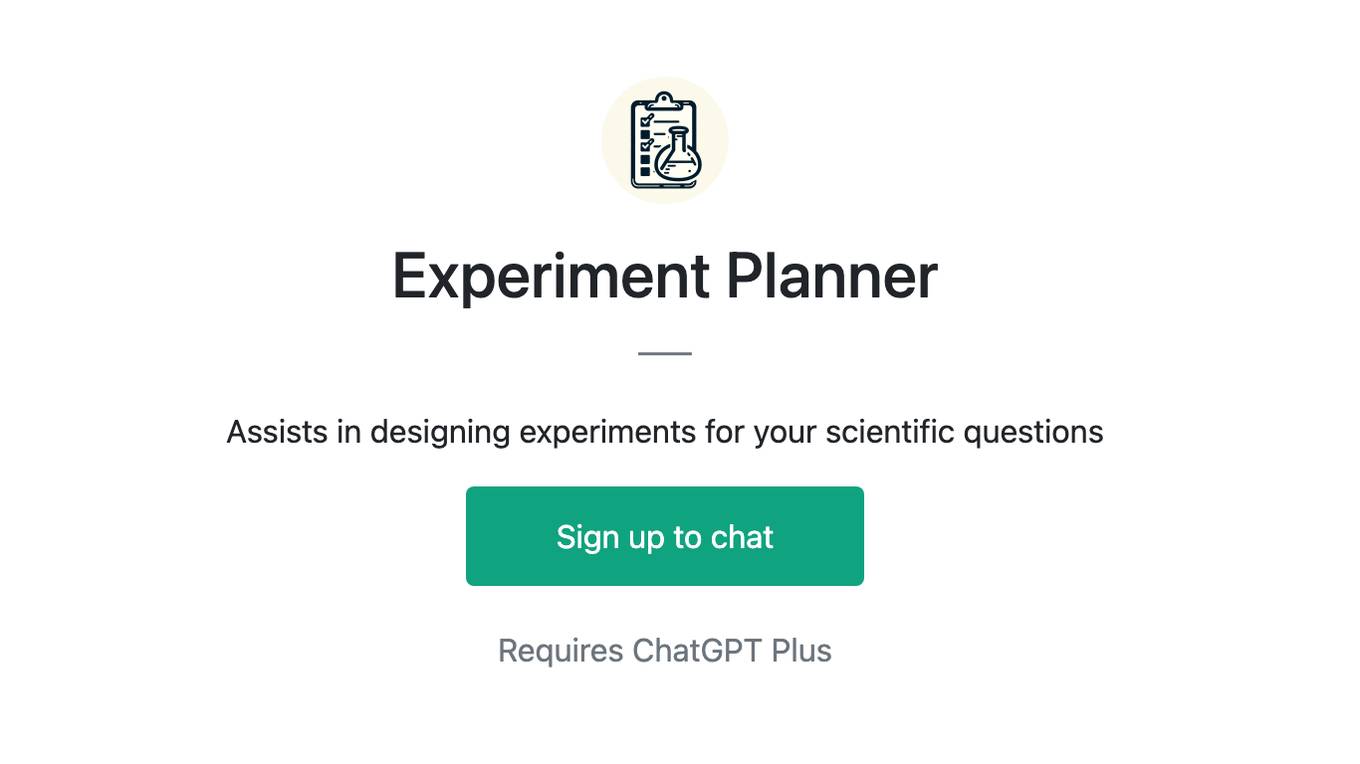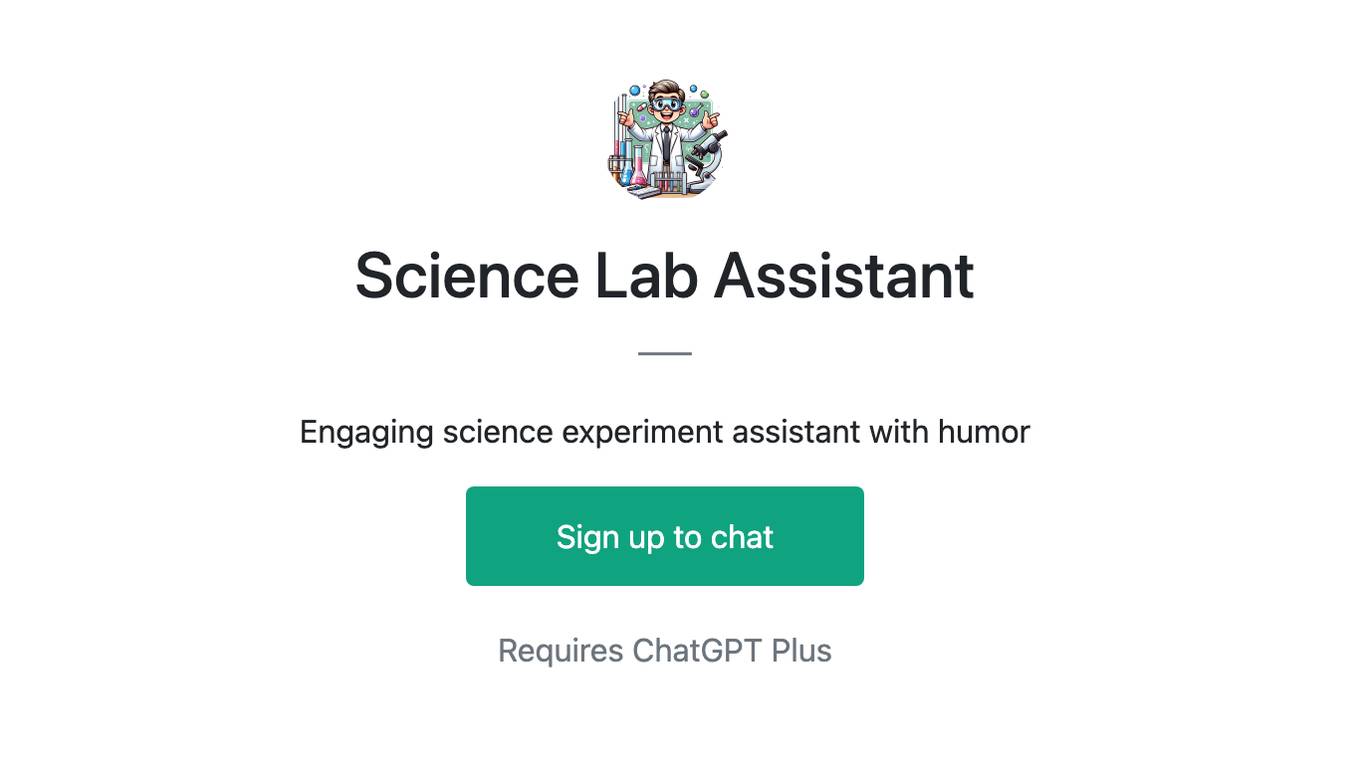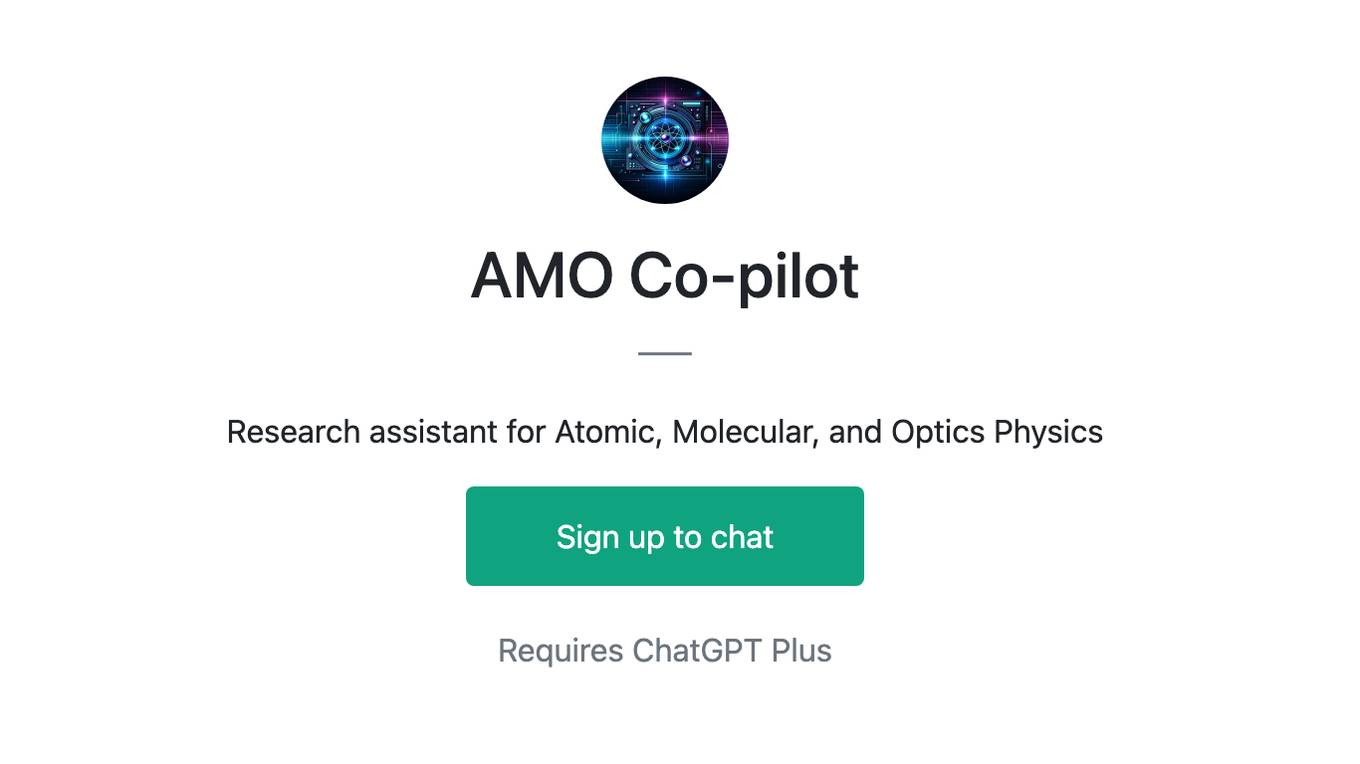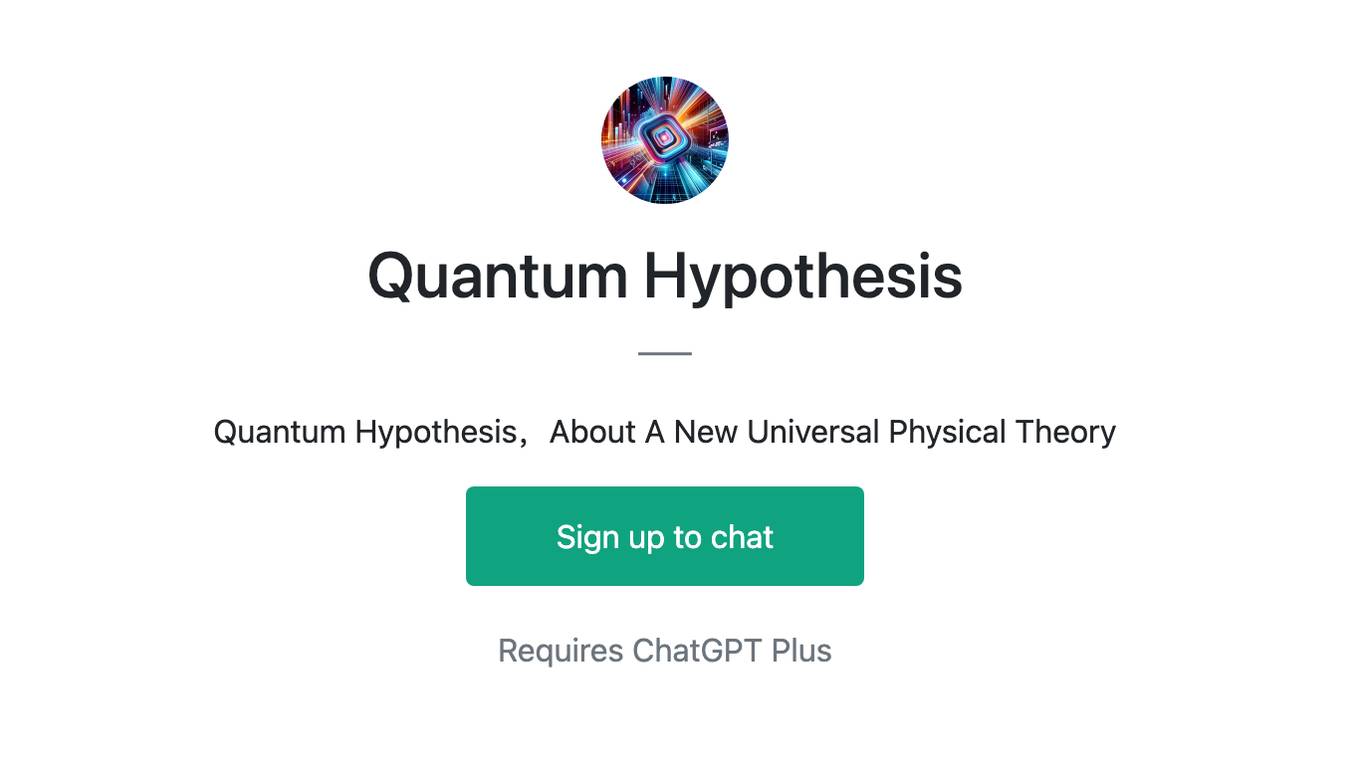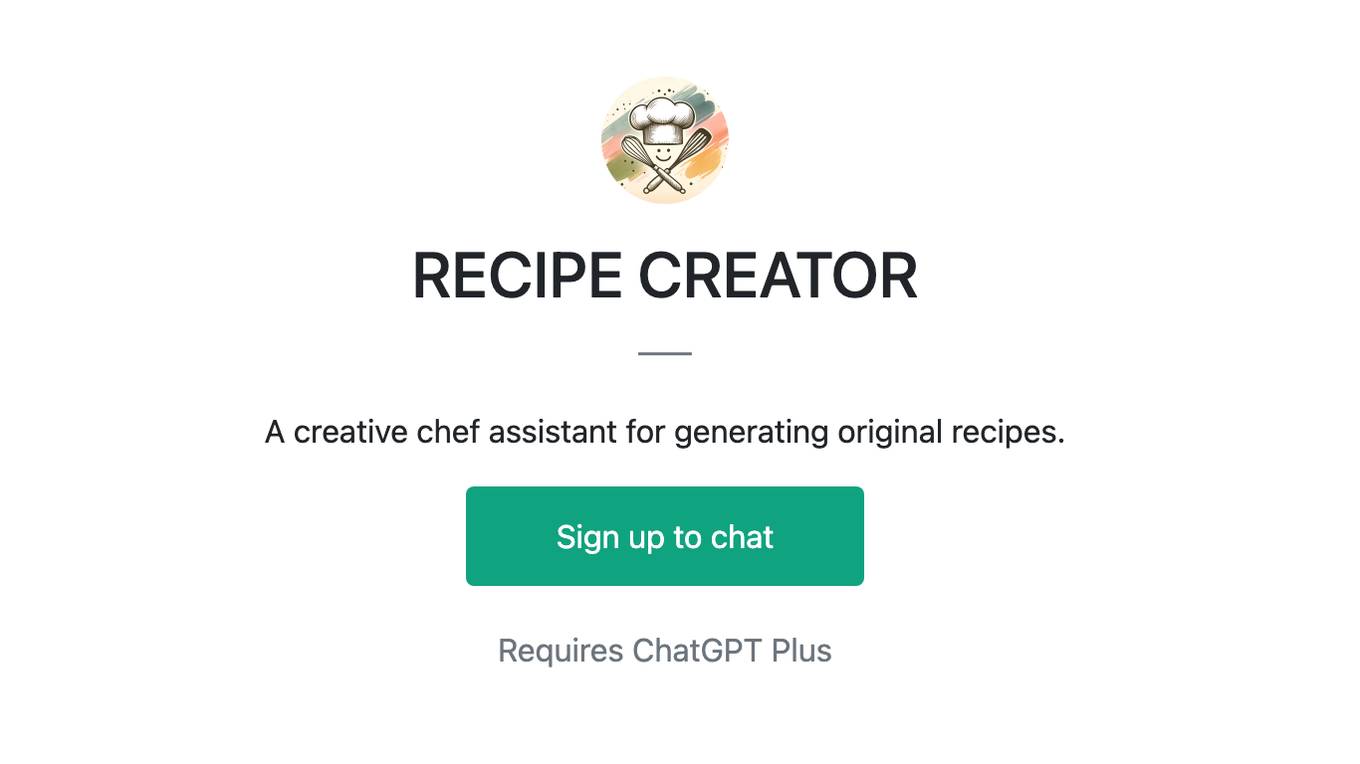Best AI tools for< experiment layouts >
20 - AI tool Sites
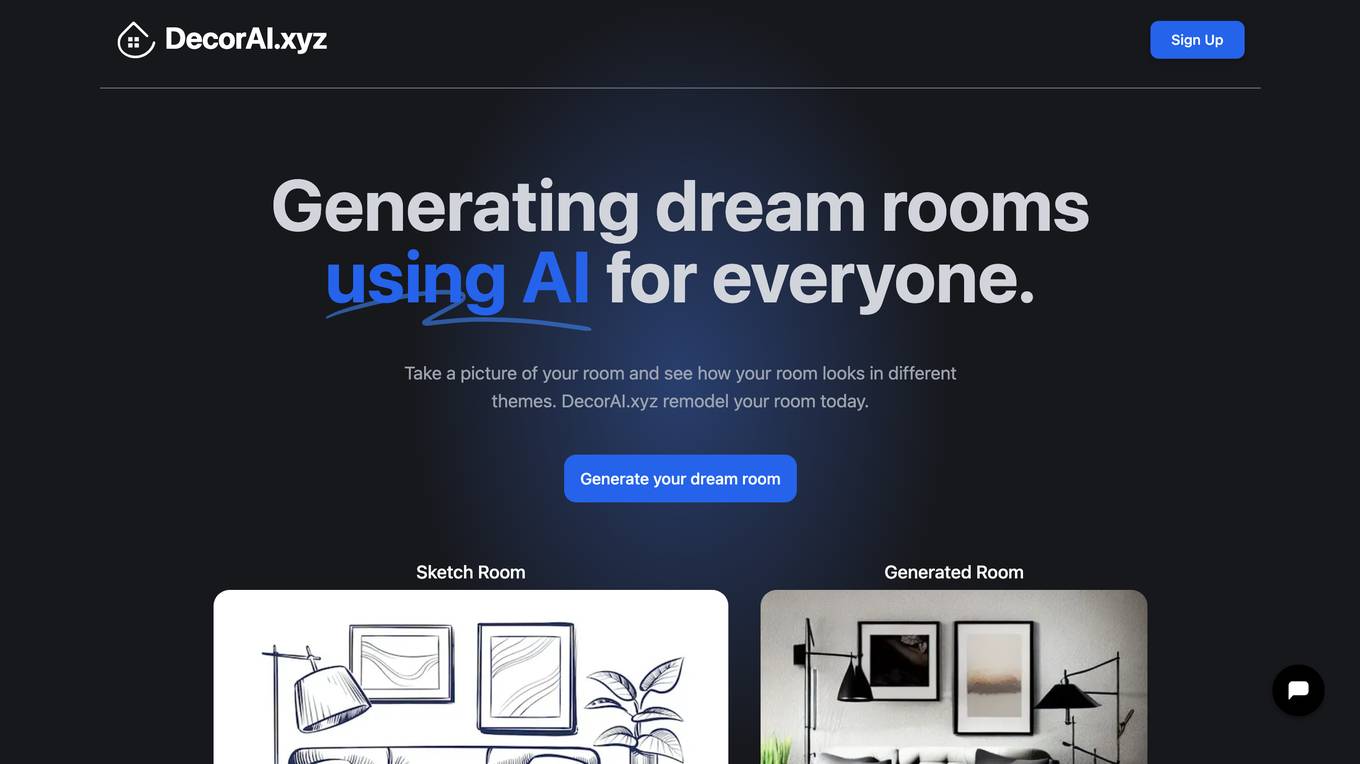
DecorAI
DecorAI.xyz is an AI-driven interior design application that allows users to generate dream rooms using artificial intelligence technology. By simply taking a picture of a room, users can visualize how it would look in different themes and styles. The application offers time-efficient and cost-effective solutions by leveraging machine learning and deep neural networks to provide personalized design concepts and suggestions. DecorAI.xyz aims to assist homeowners, renters, and small businesses in redesigning and furnishing their spaces without the need for expensive interior designers.

Remodel AI
Remodel AI is a powerful AI-powered platform that empowers users to effortlessly remodel and design their homes. With its intuitive tools and cutting-edge technology, Remodel AI makes it easy to experiment with different layouts, colors, and styles, and witness ideas come to life with just a few clicks. Users can save time and money by streamlining the design journey, allowing them to iterate quickly, make informed decisions, and save valuable time and money. Remodel AI is also a valuable tool for real estate agents, as it allows them to present properties with stunning virtual makeovers, giving potential buyers a clear vision of what could be. Whether users are aspiring designers or simply have an eye for aesthetics, Remodel AI unleashes creativity and makes it easy to explore endless design possibilities.

Wondershare Decoritt
Wondershare Decoritt is an AI-powered home design tool that allows users to easily create stunning interior designs. With features like AI furniture removal, room style transformation, and image enhancement, Decoritt revolutionizes interior design by responding to users' changes in real-time. It saves time and money by providing a simple interface for remodeling and redesigning spaces without the need for complex 3D design software. Users can freely experiment with different styles and furniture options, guided by AI for optimal results.
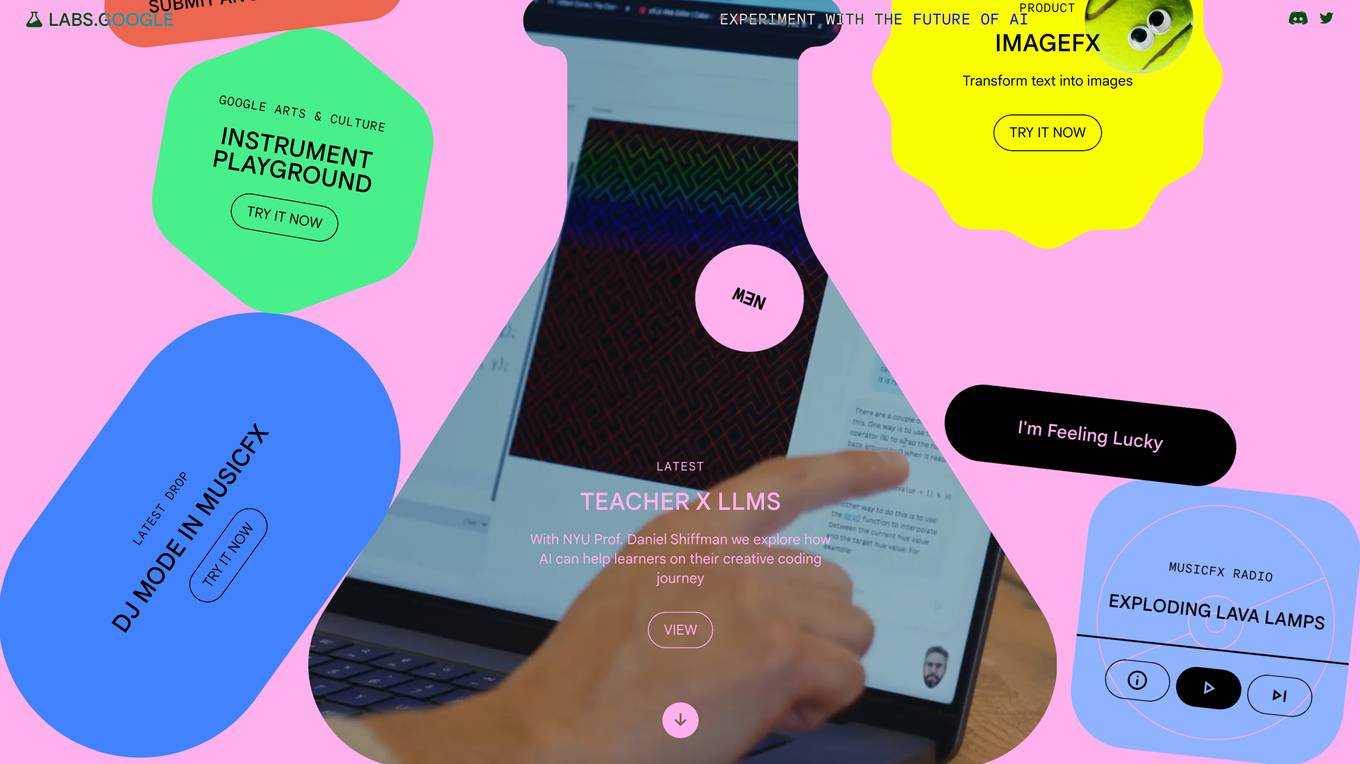
Google Labs
Google Labs is a website that showcases experimental AI tools and technology developed by Google. These tools are designed to help users explore the potential of AI in various fields, including creativity, productivity, and education. Some of the featured tools include: - **LABS.GOOGLE**: A platform for experimenting with the future of AI, including tools for creating images from text, generating music, and writing scripts for home automation. - **NotebookLM**: A personalized AI collaborator designed to help users with their thinking and writing. - **Say What You See**: A tool that helps users learn the art of prompting and improving their image-reading skills. - **Help Me Script**: A tool that turns text into home automation scripts for Google Home. - **ImageFX**: A tool that transforms text into images, allowing users to explore endless possibilities. - **Gen AI in Chrome**: A tool that creates themes with AI, organizes tabs, and helps users write more confidently on the web. - **MusicFX**: A tool that describes a musical idea and brings it to life. - **Duet AI**: A tool that helps users create, write, visualize, and organize in new ways with collaborative AI tools in Google Workspace. - **TextFX**: A tool that supercharges the writing process with AI-powered language tools.
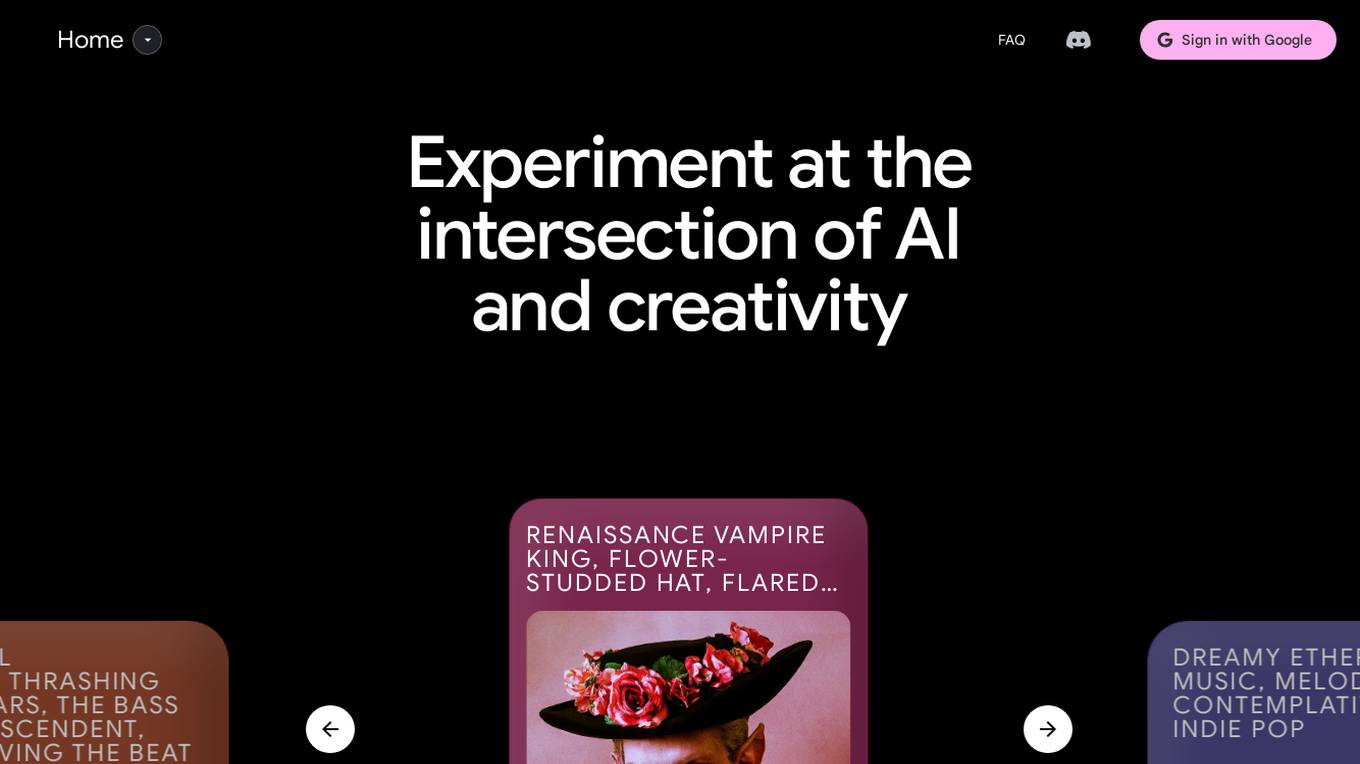
AI Test Kitchen
AI Test Kitchen is a website that provides a variety of AI-powered tools for creative professionals. These tools can be used to generate images, music, and text, as well as to explore different creative concepts. The website is designed to be a place where users can experiment with AI and learn how to use it to enhance their creative process.
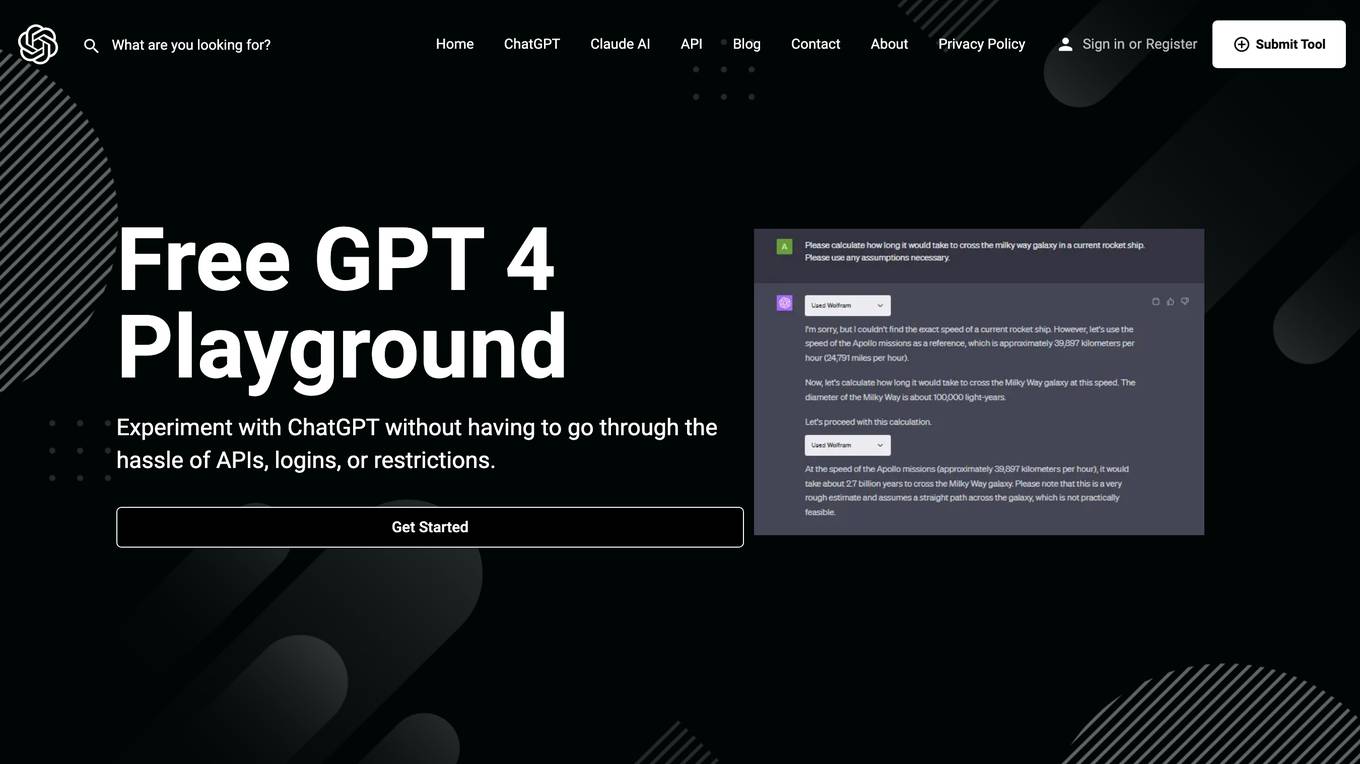
GPT4Free
GPT4Free is a free playground for experimenting with ChatGPT without the hassle of APIs, logins, or restrictions. It offers a wide range of features, including a prompt library, organized chats, import/export functionality, customizable model parameters, and multiple language support. GPT4Free also provides access to GPT Reverse Proxy, allowing users to interact with GPT4 & GPT3.5 and GPT4 Vision from anywhere in the world.

Aim
Aim is an open-source experiment tracker that logs your training runs, enables a beautiful UI to compare them, and an API to query them programmatically. It integrates seamlessly with your favorite tools.
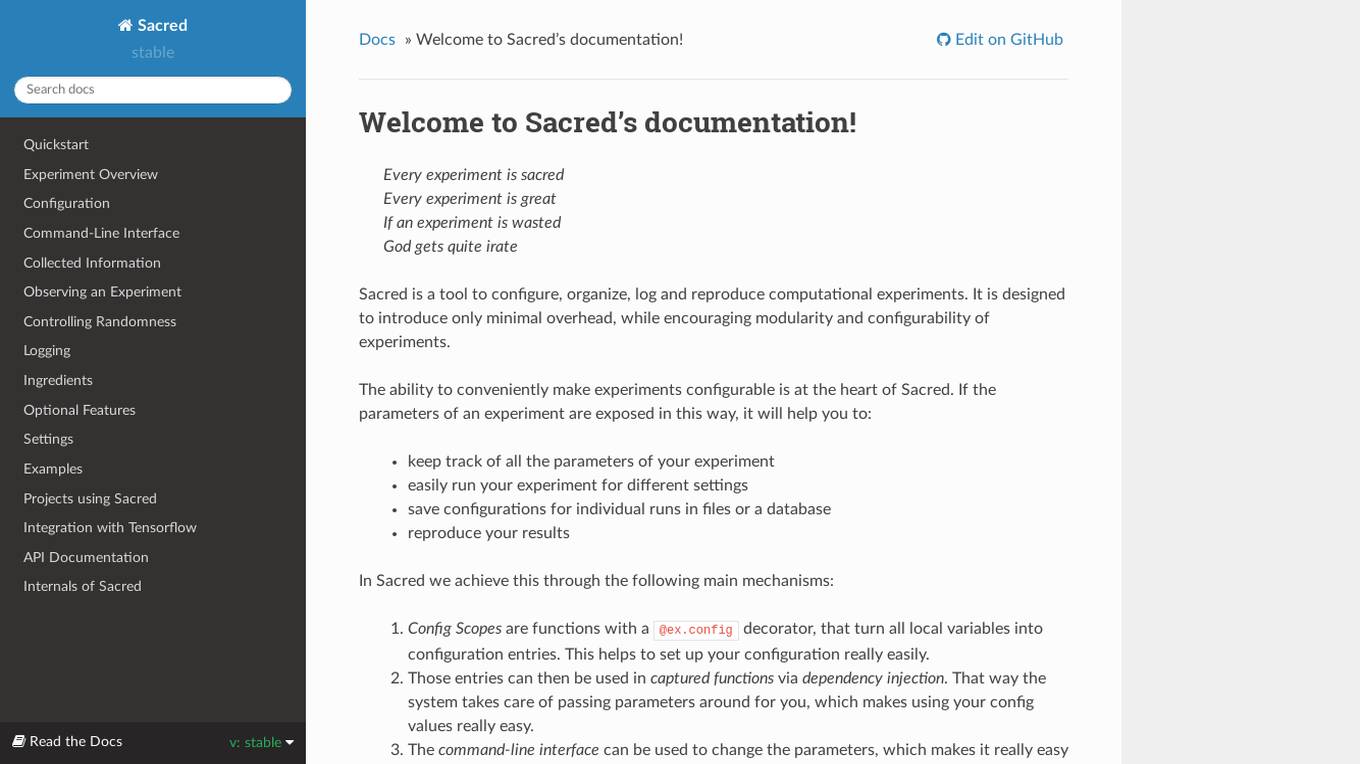
Sacred
Sacred is a tool to configure, organize, log and reproduce computational experiments. It is designed to introduce only minimal overhead, while encouraging modularity and configurability of experiments. The ability to conveniently make experiments configurable is at the heart of Sacred. If the parameters of an experiment are exposed in this way, it will help you to: keep track of all the parameters of your experiment easily run your experiment for different settings save configurations for individual runs in files or a database reproduce your results In Sacred we achieve this through the following main mechanisms: Config Scopes are functions with a @ex.config decorator, that turn all local variables into configuration entries. This helps to set up your configuration really easily. Those entries can then be used in captured functions via dependency injection. That way the system takes care of passing parameters around for you, which makes using your config values really easy. The command-line interface can be used to change the parameters, which makes it really easy to run your experiment with modified parameters. Observers log every information about your experiment and the configuration you used, and saves them for example to a Database. This helps to keep track of all your experiments. Automatic seeding helps controlling the randomness in your experiments, such that they stay reproducible.
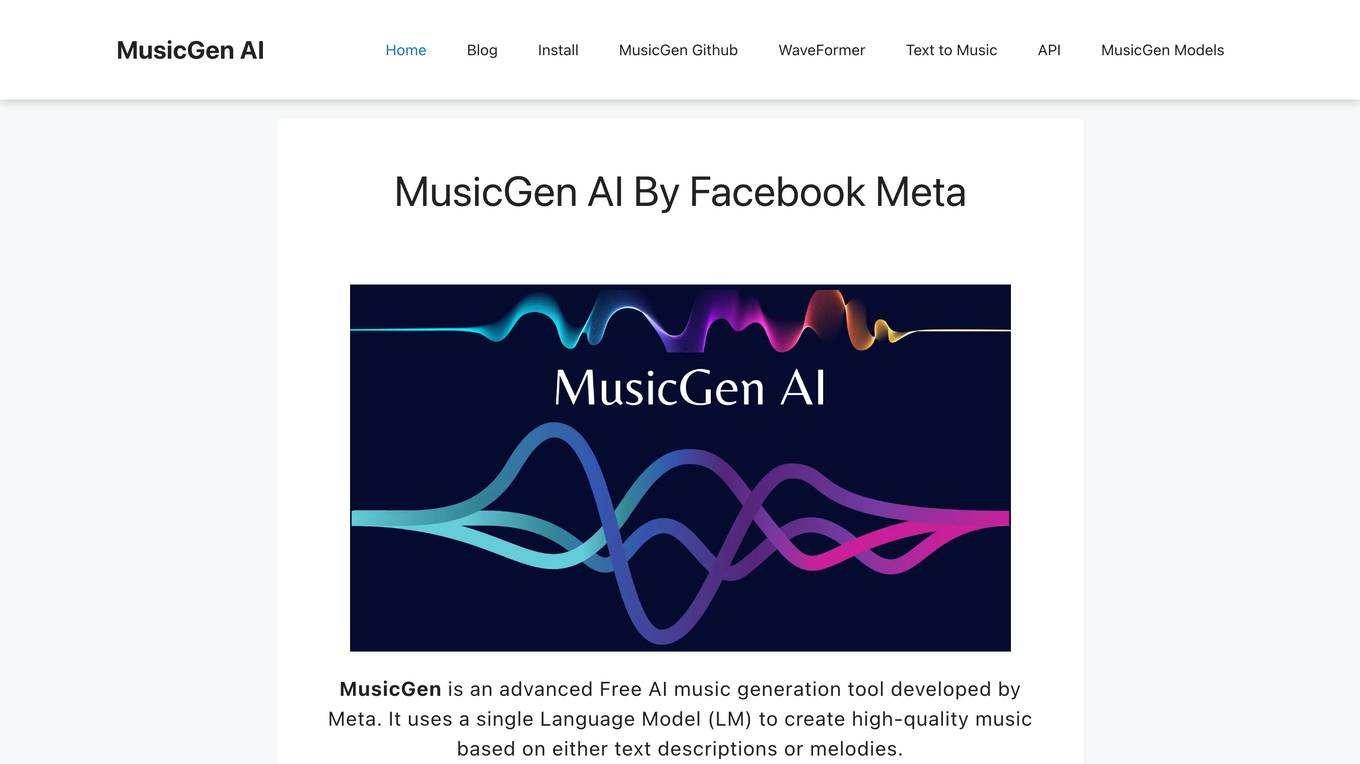
MusicGen AI
MusicGen AI is a free and advanced AI music generation tool developed by Meta. It utilizes a single Language Model (LM) to create high-quality music based on text descriptions, melodies, or audio prompts. MusicGen operates by encoding music into compressed tokens, which are then used to generate the music samples. It can produce music in various formats, including mono and stereo. MusicGen AI offers a range of features, including melody conditioning, text-conditional generation, audio-prompted generation, advanced model architecture, flexible generation modes, unconditional generation, extensive training dataset, and customizable generation process.
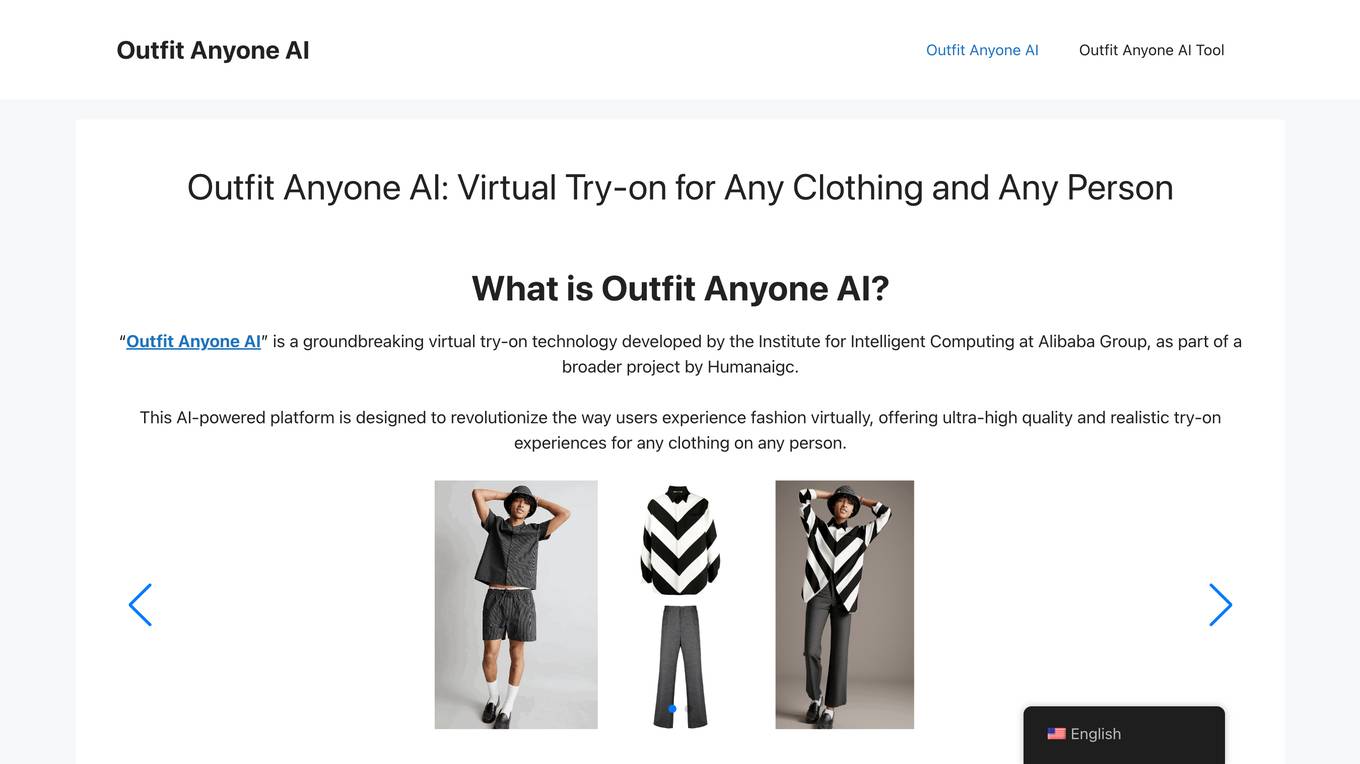
Outfit Anyone AI
Outfit Anyone AI is a groundbreaking virtual try-on technology developed by the Institute for Intelligent Computing at Alibaba Group, offering ultra-high quality and realistic try-on experiences for any clothing on any person. It utilizes advanced AI models to process images of clothing and models, ensuring lifelike results that consider factors like pose and body shape. The platform is versatile, inclusive for different body types, and supports animation and character creation capabilities. Users can experiment with different fashion styles, mix and match outfits, and explore trends in real time, redefining the way they explore fashion.
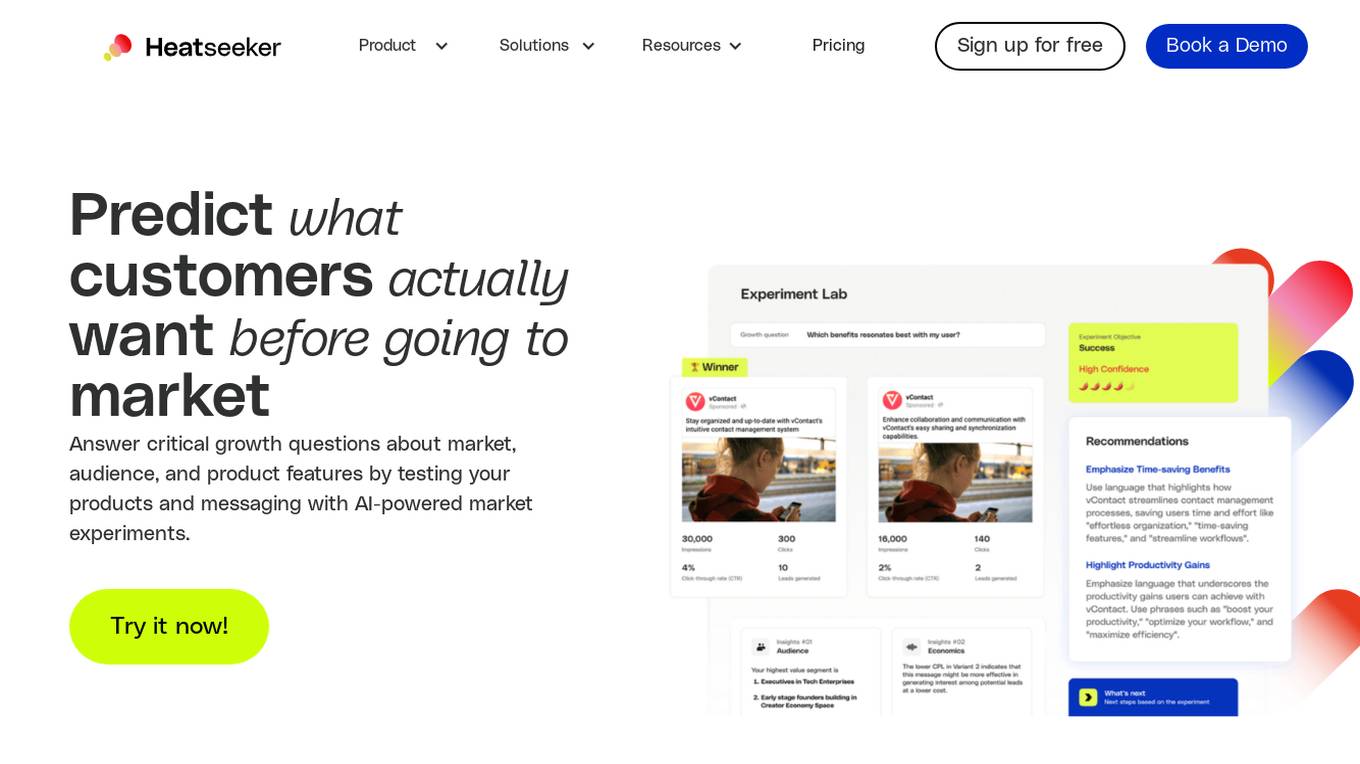
Heatseeker
Heatseeker is an AI-powered market experimentation tool that helps businesses predict customer preferences, conduct feature tests, and generate value propositions. It enables users to answer critical growth questions about market, audience, and product features through AI-powered experiments. Heatseeker provides insights into market trends, competitor analysis, and helps in making data-driven decisions. The platform offers curated recommendations, competitive intelligence, and continuous testing for refining strategies. It automates ad campaign generation, data collection, and provides recommendations for launching new products. Heatseeker is designed to help businesses optimize their marketing efforts and improve their product offerings.
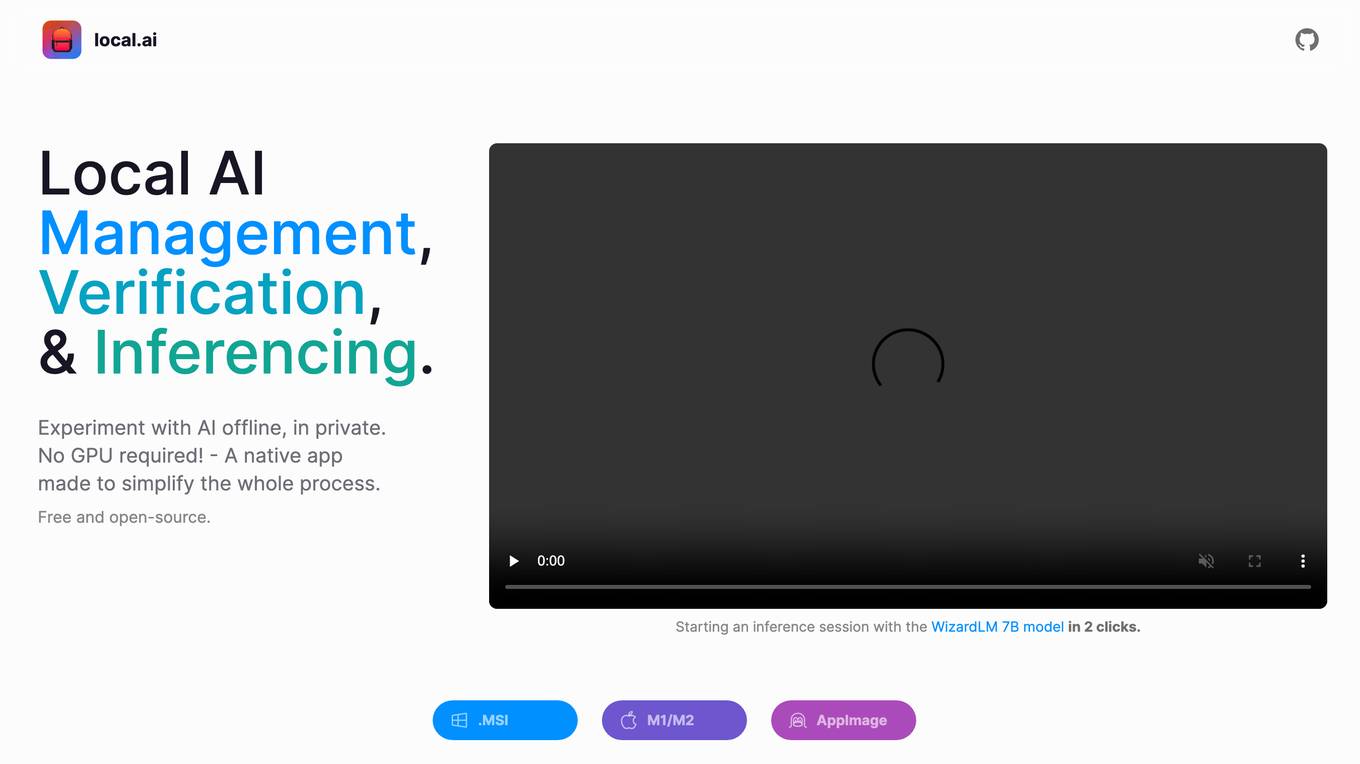
Local AI Playground
Local AI Playground is an AI management and verification tool that allows users to experiment with AI offline in a private environment without the need for a GPU. It is a native app designed to simplify the AI process, offering features such as CPU inferencing, model management, and digest verification. The tool is memory efficient and compact, with upcoming features including GPU inferencing and custom sorting. Users can start a local streaming server for AI inferencing in just two clicks, making it a versatile and user-friendly AI application.
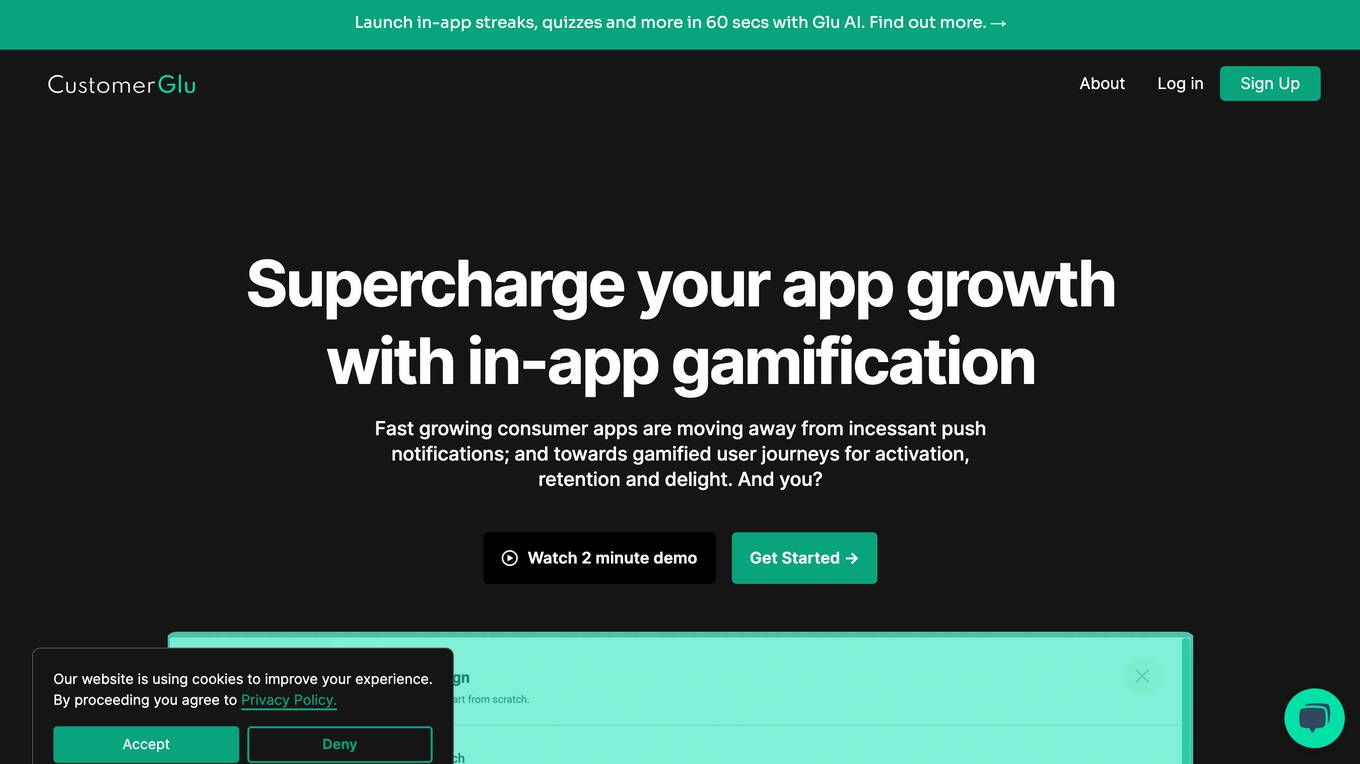
CustomerGlu
CustomerGlu is a plug-and-play gamification platform that helps fast-growing consumer apps enhance user engagement, activation, retention, and delight through gamified user journeys. It offers a range of features such as in-app monetization, personalized recommendations, surveys, data collection, and retention strategies. CustomerGlu enables businesses to leverage game mechanics to improve key business metrics, boost conversions, increase user engagement, and enhance retention rates. The platform provides ready templates, real-time reporting, personalization options, and seamless integration with existing tools. With CustomerGlu, businesses can accelerate their growth roadmap by implementing gamification constructs designed for retention and launching experiments quickly to drive user engagement and conversions.
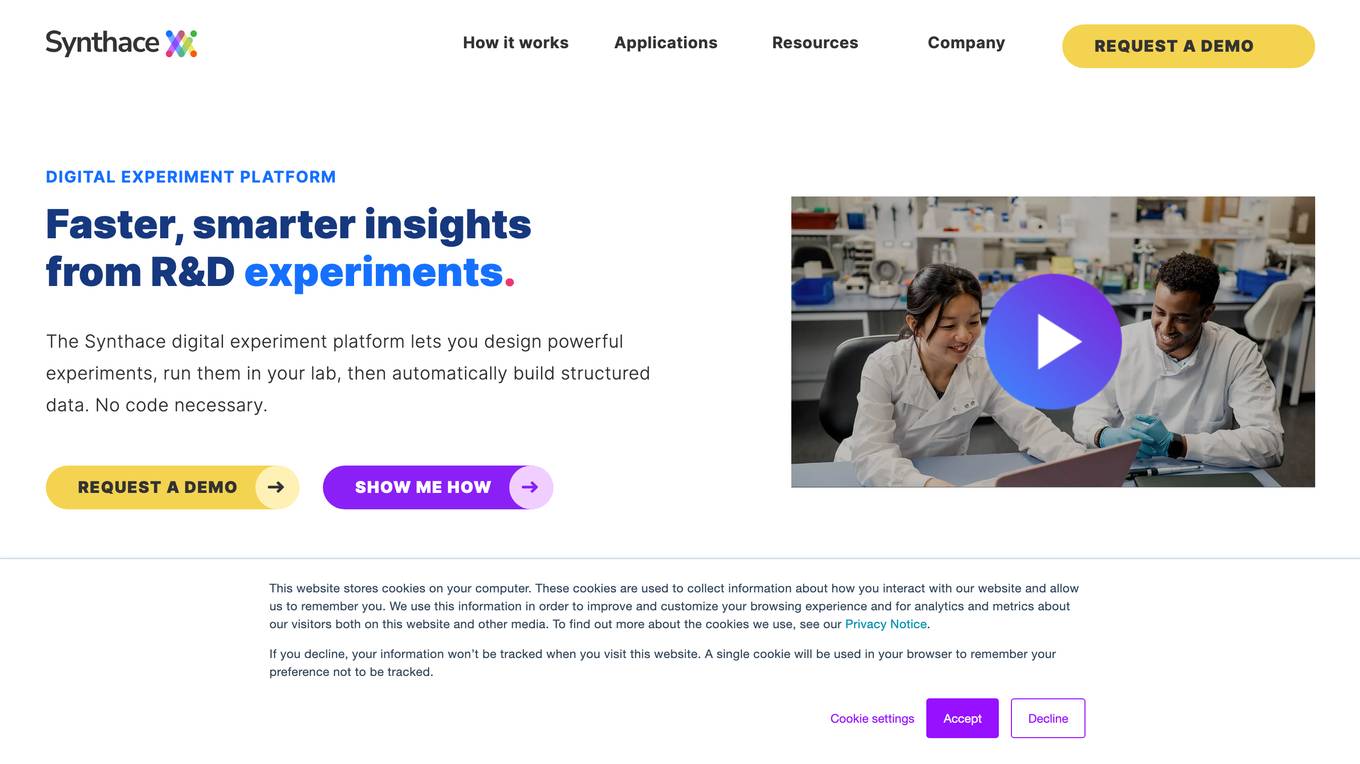
Synthace
Synthace is a digital experiment platform designed for R&D teams in the life science industry. It allows users to design powerful experiments, run them in the lab, and automatically collect structured data without the need for coding. The platform enables high throughput automation, dynamic experiment updates, context-rich data visualization, and protocol reproducibility, ultimately streamlining the experimental process and reducing human error.

RBG AI Drop
RBG AI Drop is an AI tool that allows users to interact with a virtual version of Justice Ruth Bader Ginsburg. Users can ask her any YES/NO question and receive a response. The tool is designed as an experiment to engage users in a unique and interactive way. By signing up, users can be the first to receive future AI drops from the platform.
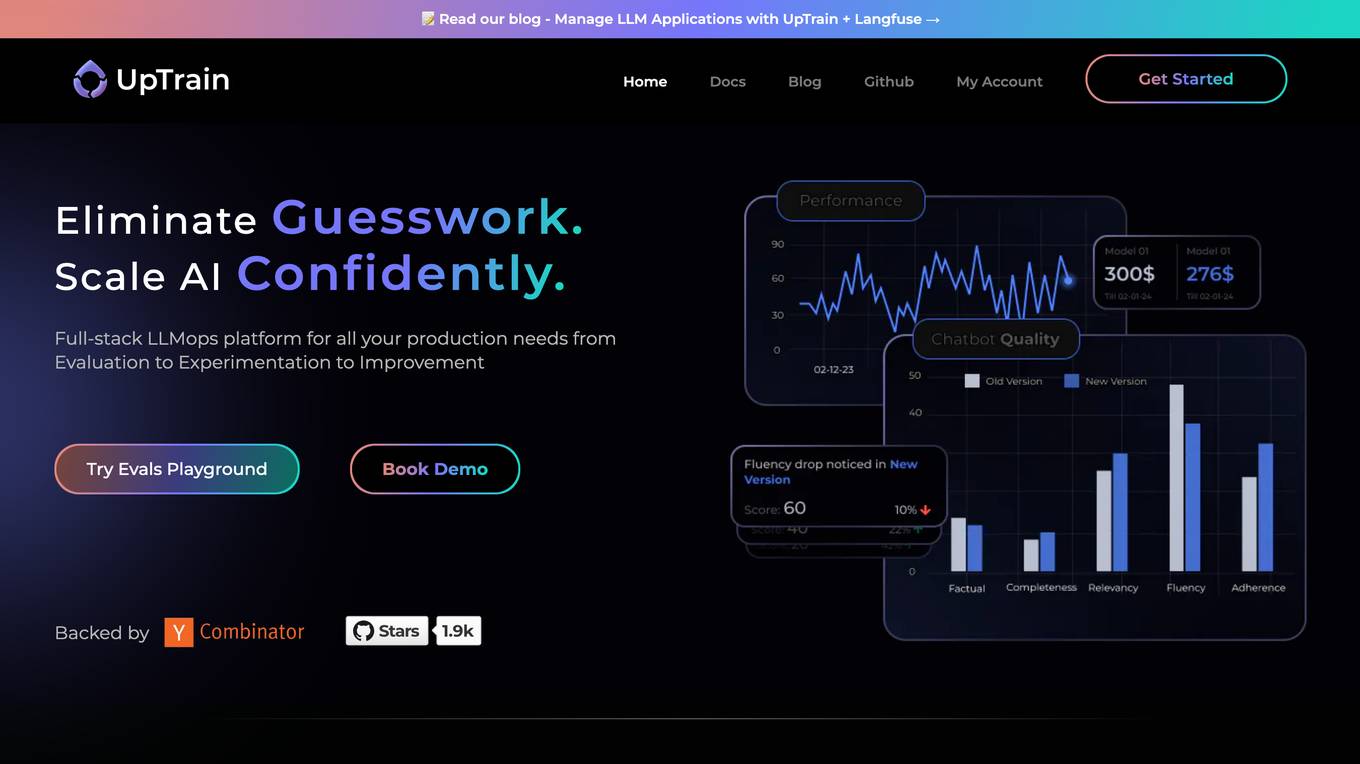
UpTrain
UpTrain is a full-stack LLMOps platform designed to help users with all their production needs, from Evaluation to Experimentation to Improvement. It offers diverse evaluations, automated regression testing, enriched datasets, and innovative techniques for generating high-quality scores. UpTrain is built for developers, by developers, and is compliant with data governance needs. It provides precision metrics, safeguard systems, and a wide range of features to enhance language model performance.

Remodel AI
Remodel AI is an AI-powered application that allows users to generate inspiring interior and exterior concepts for house remodeling in less than 30 seconds. With over 24,580 remodeling designs generated, users can upload images of exteriors or interiors, customize different modes, select building types, styles, and quality levels. The application offers subscription plans and one-time fee options for access to a variety of features and designs. Remodel AI provides instant access to digital content upon purchase, eliminating the need for a withdrawal period. While the application does not offer refunds due to GPU processing costs, users have the flexibility to cancel subscriptions at any time.
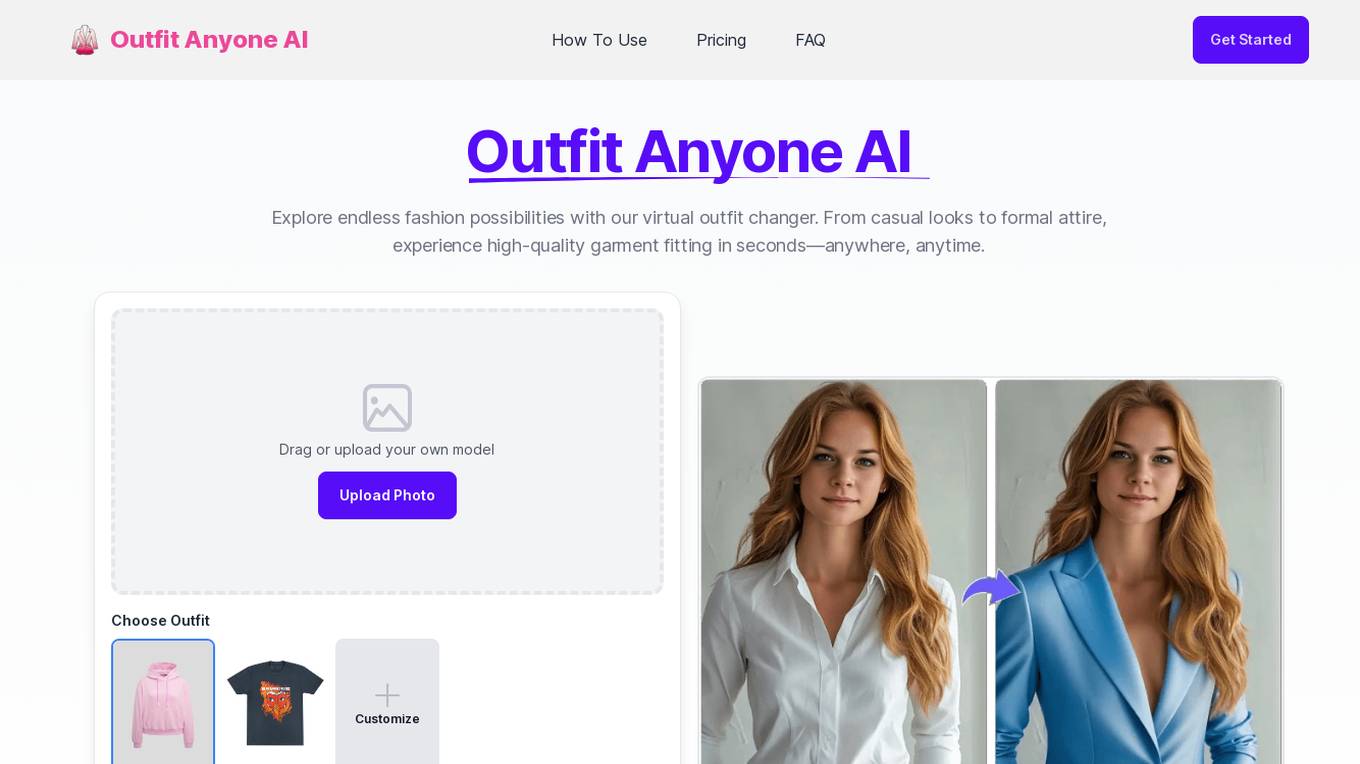
Outfit Anyone AI
Outfit Anyone AI is a free online AI clothes changer that allows users to explore endless fashion possibilities by virtually trying on different outfits. Users can upload their own model photo, choose or customize outfits, and generate new looks within seconds. The application offers a seamless shopping experience, high-quality garment fitting, and personalized styling options. With Outfit Anyone AI, users can transform their appearance from casual to corporate, try on various outfits virtually, and refresh their style for different occasions.
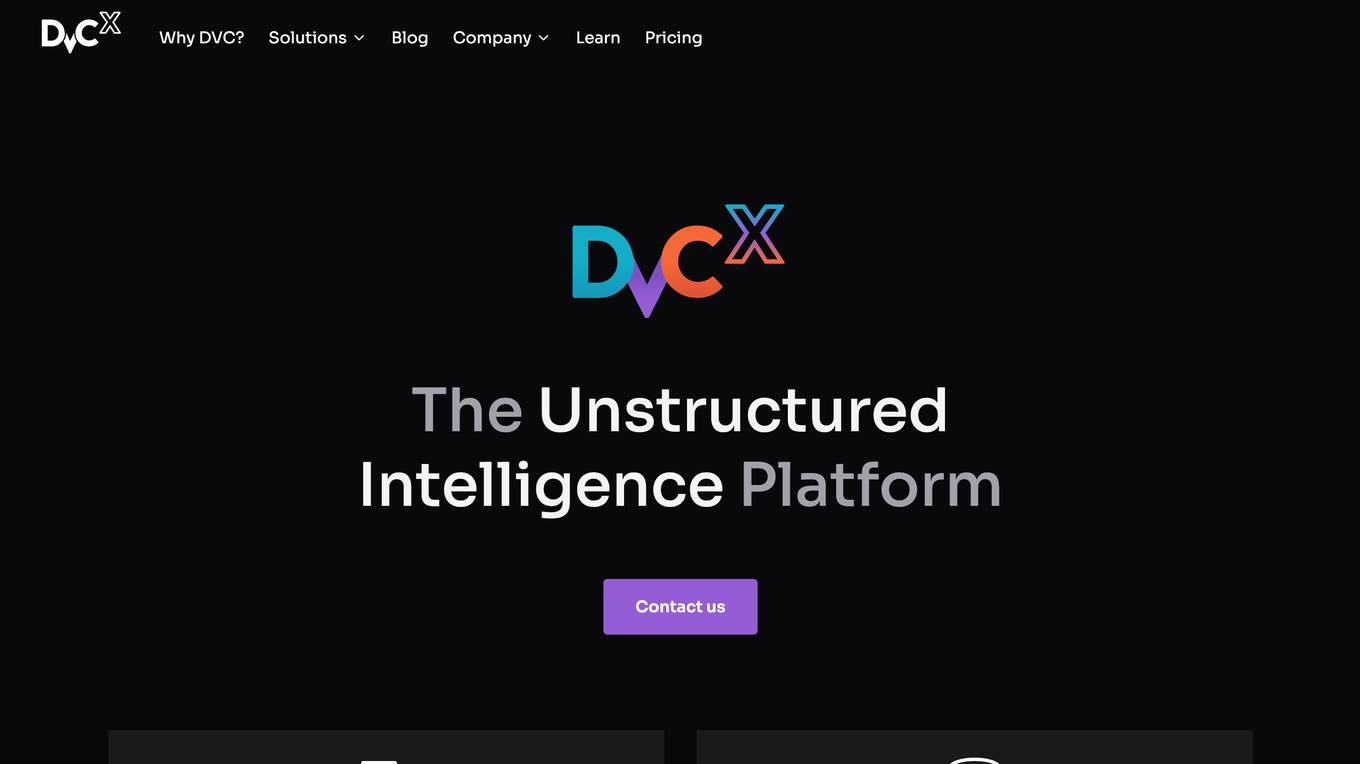
DVC
DVC is an open-source platform for managing machine learning data and experiments. It provides a unified interface for working with data from various sources, including local files, cloud storage, and databases. DVC also includes tools for versioning data and experiments, tracking metrics, and automating compute resources. DVC is designed to make it easy for data scientists and machine learning engineers to collaborate on projects and share their work with others.
20 - Open Source AI Tools
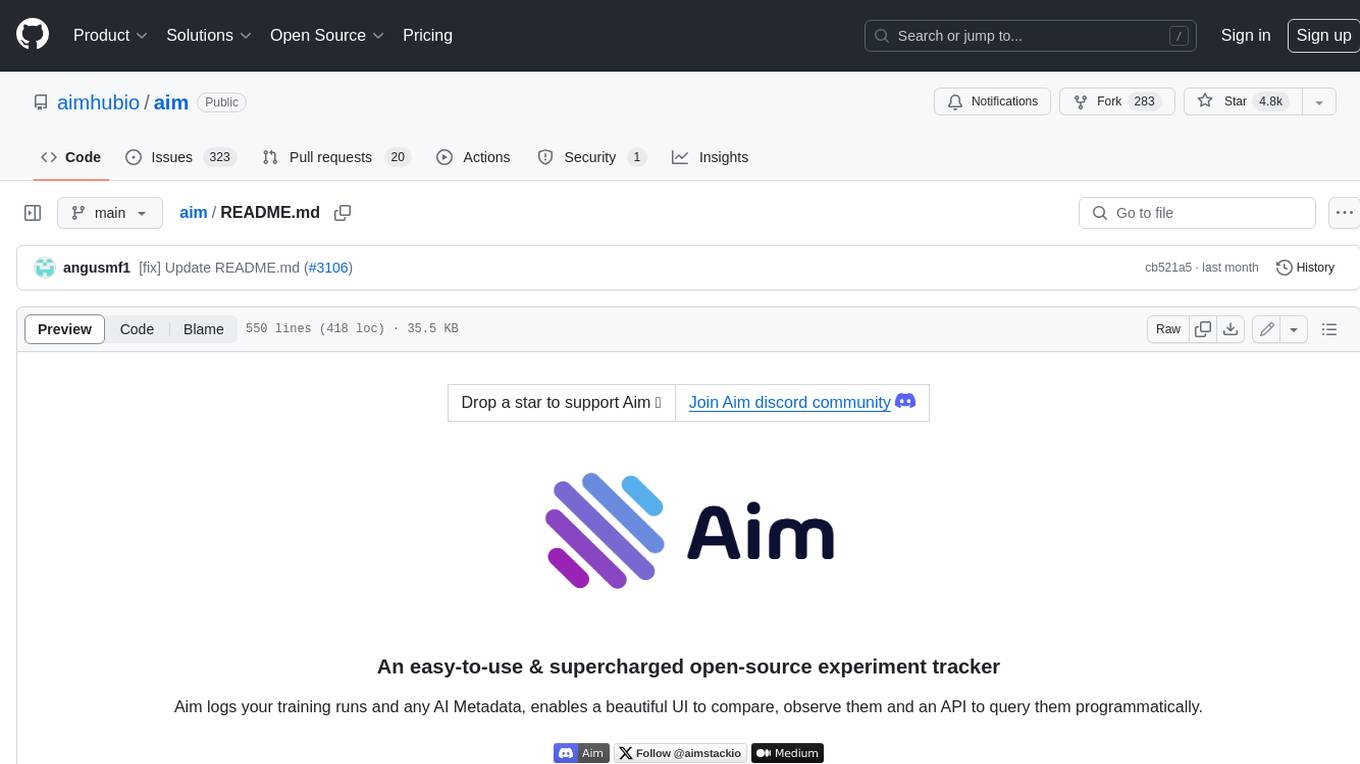
aim
Aim is an open-source, self-hosted ML experiment tracking tool designed to handle 10,000s of training runs. Aim provides a performant and beautiful UI for exploring and comparing training runs. Additionally, its SDK enables programmatic access to tracked metadata — perfect for automations and Jupyter Notebook analysis. **Aim's mission is to democratize AI dev tools 🎯**

plandex
Plandex is an open source, terminal-based AI coding engine designed for complex tasks. It uses long-running agents to break up large tasks into smaller subtasks, helping users work through backlogs, navigate unfamiliar technologies, and save time on repetitive tasks. Plandex supports various AI models, including OpenAI, Anthropic Claude, Google Gemini, and more. It allows users to manage context efficiently in the terminal, experiment with different approaches using branches, and review changes before applying them. The tool is platform-independent and runs from a single binary with no dependencies.
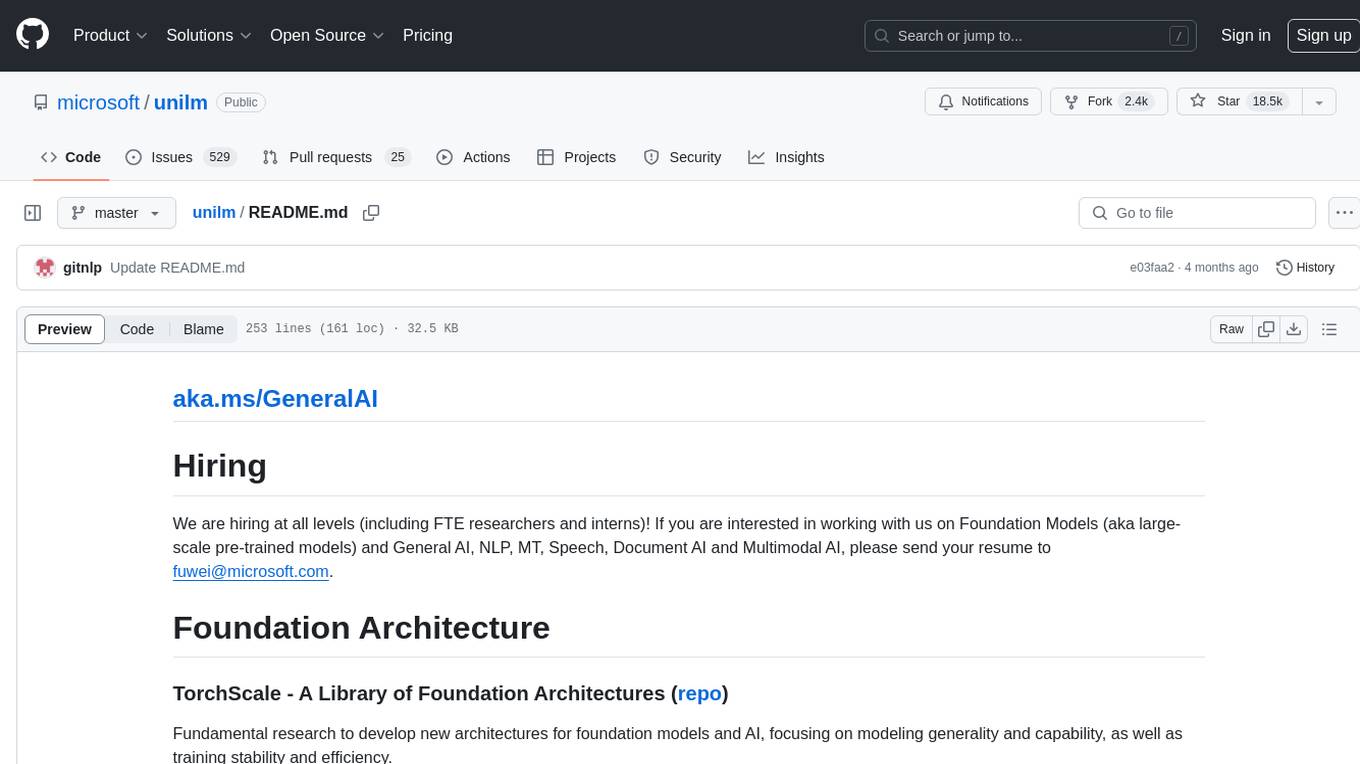
unilm
The 'unilm' repository is a collection of tools, models, and architectures for Foundation Models and General AI, focusing on tasks such as NLP, MT, Speech, Document AI, and Multimodal AI. It includes various pre-trained models, such as UniLM, InfoXLM, DeltaLM, MiniLM, AdaLM, BEiT, LayoutLM, WavLM, VALL-E, and more, designed for tasks like language understanding, generation, translation, vision, speech, and multimodal processing. The repository also features toolkits like s2s-ft for sequence-to-sequence fine-tuning and Aggressive Decoding for efficient sequence-to-sequence decoding. Additionally, it offers applications like TrOCR for OCR, LayoutReader for reading order detection, and XLM-T for multilingual NMT.

rag-experiment-accelerator
The RAG Experiment Accelerator is a versatile tool that helps you conduct experiments and evaluations using Azure AI Search and RAG pattern. It offers a rich set of features, including experiment setup, integration with Azure AI Search, Azure Machine Learning, MLFlow, and Azure OpenAI, multiple document chunking strategies, query generation, multiple search types, sub-querying, re-ranking, metrics and evaluation, report generation, and multi-lingual support. The tool is designed to make it easier and faster to run experiments and evaluations of search queries and quality of response from OpenAI, and is useful for researchers, data scientists, and developers who want to test the performance of different search and OpenAI related hyperparameters, compare the effectiveness of various search strategies, fine-tune and optimize parameters, find the best combination of hyperparameters, and generate detailed reports and visualizations from experiment results.
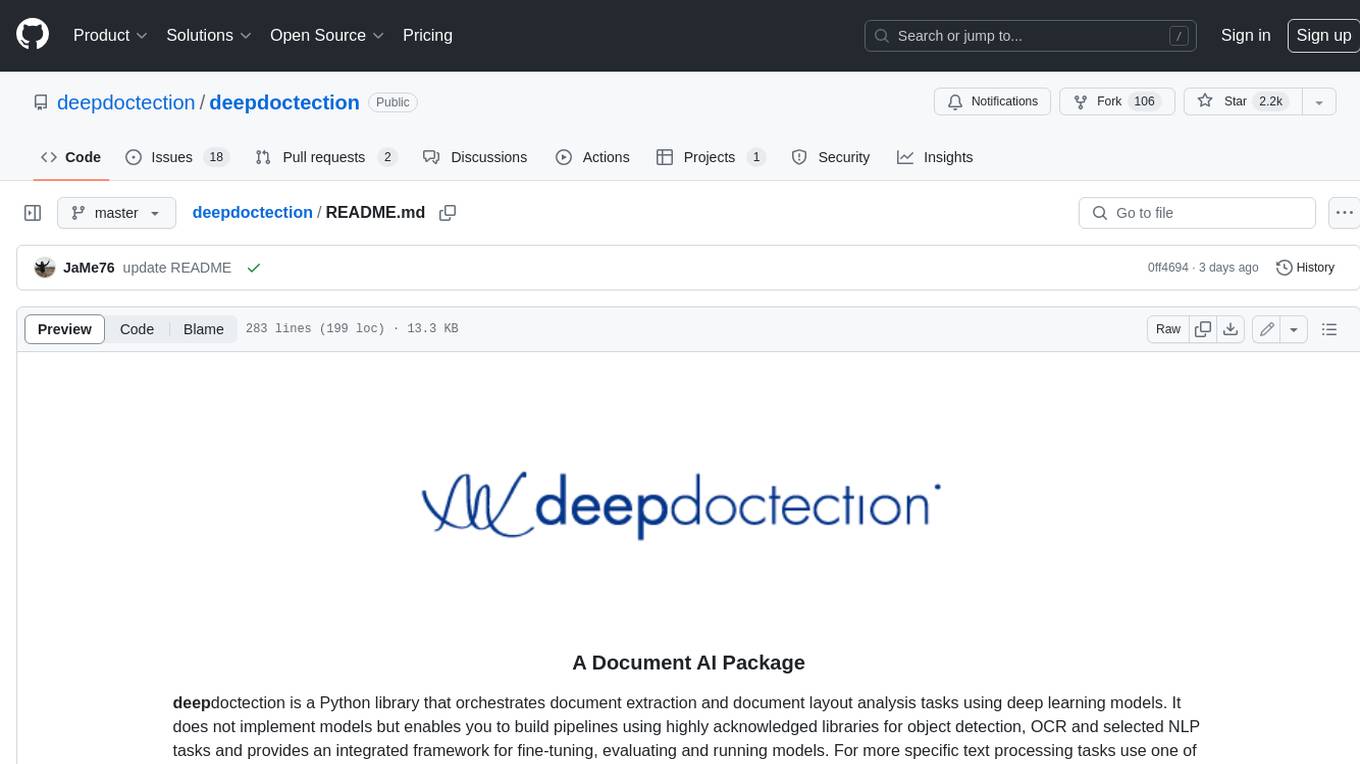
deepdoctection
**deep** doctection is a Python library that orchestrates document extraction and document layout analysis tasks using deep learning models. It does not implement models but enables you to build pipelines using highly acknowledged libraries for object detection, OCR and selected NLP tasks and provides an integrated framework for fine-tuning, evaluating and running models. For more specific text processing tasks use one of the many other great NLP libraries. **deep** doctection focuses on applications and is made for those who want to solve real world problems related to document extraction from PDFs or scans in various image formats. **deep** doctection provides model wrappers of supported libraries for various tasks to be integrated into pipelines. Its core function does not depend on any specific deep learning library. Selected models for the following tasks are currently supported: * Document layout analysis including table recognition in Tensorflow with **Tensorpack**, or PyTorch with **Detectron2**, * OCR with support of **Tesseract**, **DocTr** (Tensorflow and PyTorch implementations available) and a wrapper to an API for a commercial solution, * Text mining for native PDFs with **pdfplumber**, * Language detection with **fastText**, * Deskewing and rotating images with **jdeskew**. * Document and token classification with all LayoutLM models provided by the **Transformer library**. (Yes, you can use any LayoutLM-model with any of the provided OCR-or pdfplumber tools straight away!). * Table detection and table structure recognition with **table-transformer**. * There is a small dataset for token classification available and a lot of new tutorials to show, how to train and evaluate this dataset using LayoutLMv1, LayoutLMv2, LayoutXLM and LayoutLMv3. * Comprehensive configuration of **analyzer** like choosing different models, output parsing, OCR selection. Check this notebook or the docs for more infos. * Document layout analysis and table recognition now runs with **Torchscript** (CPU) as well and **Detectron2** is not required anymore for basic inference. * [**new**] More angle predictors for determining the rotation of a document based on **Tesseract** and **DocTr** (not contained in the built-in Analyzer). * [**new**] Token classification with **LiLT** via **transformers**. We have added a model wrapper for token classification with LiLT and added a some LiLT models to the model catalog that seem to look promising, especially if you want to train a model on non-english data. The training script for LayoutLM can be used for LiLT as well and we will be providing a notebook on how to train a model on a custom dataset soon. **deep** doctection provides on top of that methods for pre-processing inputs to models like cropping or resizing and to post-process results, like validating duplicate outputs, relating words to detected layout segments or ordering words into contiguous text. You will get an output in JSON format that you can customize even further by yourself. Have a look at the **introduction notebook** in the notebook repo for an easy start. Check the **release notes** for recent updates. **deep** doctection or its support libraries provide pre-trained models that are in most of the cases available at the **Hugging Face Model Hub** or that will be automatically downloaded once requested. For instance, you can find pre-trained object detection models from the Tensorpack or Detectron2 framework for coarse layout analysis, table cell detection and table recognition. Training is a substantial part to get pipelines ready on some specific domain, let it be document layout analysis, document classification or NER. **deep** doctection provides training scripts for models that are based on trainers developed from the library that hosts the model code. Moreover, **deep** doctection hosts code to some well established datasets like **Publaynet** that makes it easy to experiment. It also contains mappings from widely used data formats like COCO and it has a dataset framework (akin to **datasets** so that setting up training on a custom dataset becomes very easy. **This notebook** shows you how to do this. **deep** doctection comes equipped with a framework that allows you to evaluate predictions of a single or multiple models in a pipeline against some ground truth. Check again **here** how it is done. Having set up a pipeline it takes you a few lines of code to instantiate the pipeline and after a for loop all pages will be processed through the pipeline.
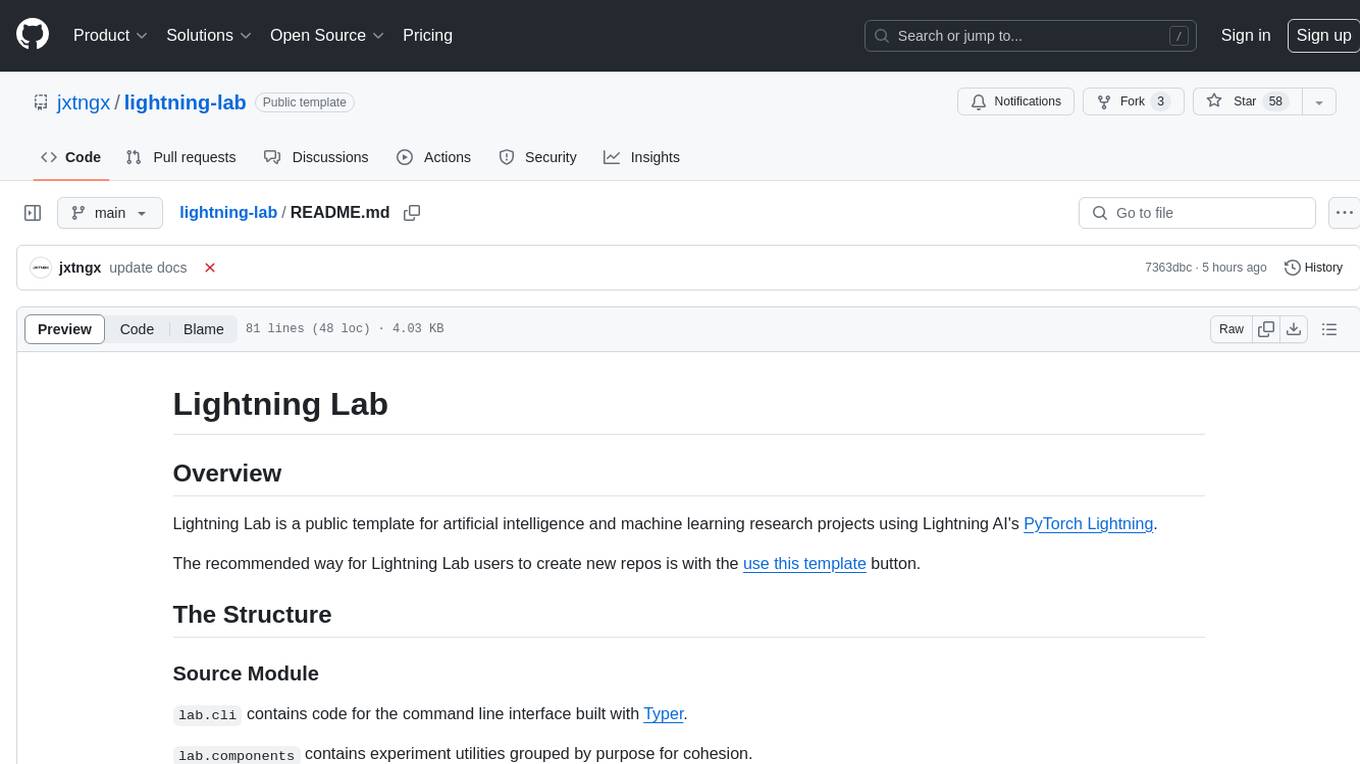
lightning-lab
Lightning Lab is a public template for artificial intelligence and machine learning research projects using Lightning AI's PyTorch Lightning. It provides a structured project layout with modules for command line interface, experiment utilities, Lightning Module and Trainer, data acquisition and preprocessing, model serving APIs, project configurations, training checkpoints, technical documentation, logs, notebooks for data analysis, requirements management, testing, and packaging. The template simplifies the setup of deep learning projects and offers extras for different domains like vision, text, audio, reinforcement learning, and forecasting.
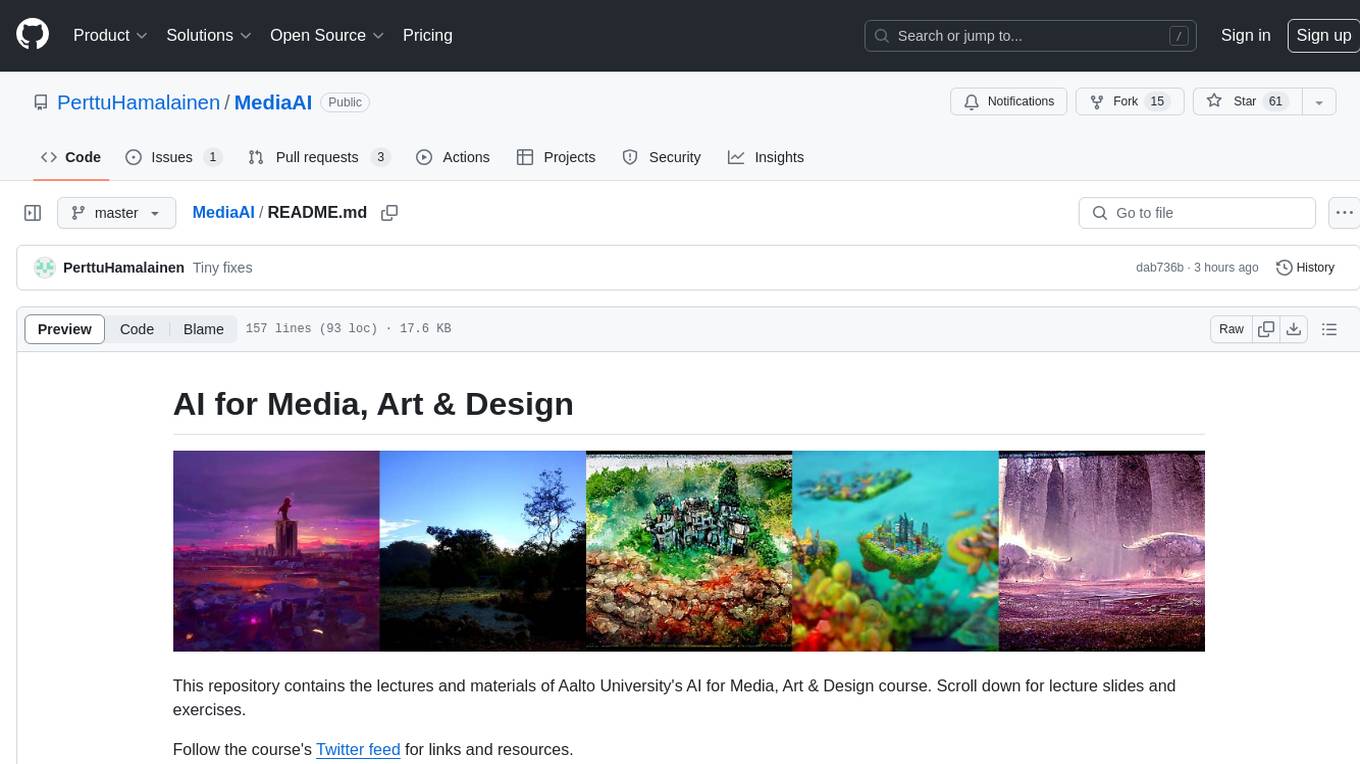
MediaAI
MediaAI is a repository containing lectures and materials for Aalto University's AI for Media, Art & Design course. The course is a hands-on, project-based crash course focusing on deep learning and AI techniques for artists and designers. It covers common AI algorithms & tools, their applications in art, media, and design, and provides hands-on practice in designing, implementing, and using these tools. The course includes lectures, exercises, and a final project based on students' interests. Students can complete the course without programming by creatively utilizing existing tools like ChatGPT and DALL-E. The course emphasizes collaboration, peer-to-peer tutoring, and project-based learning. It covers topics such as text generation, image generation, optimization, and game AI.
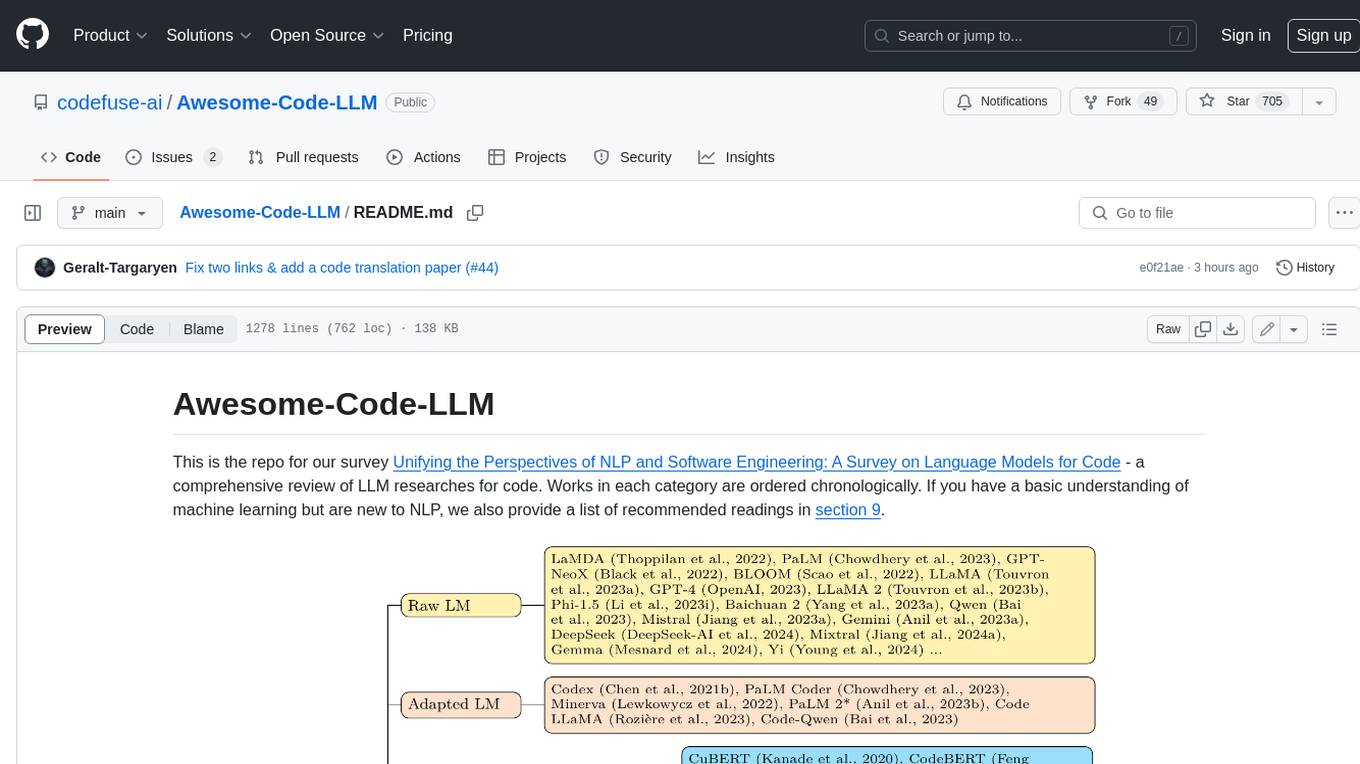
Awesome-Code-LLM
Analyze the following text from a github repository (name and readme text at end) . Then, generate a JSON object with the following keys and provide the corresponding information for each key, in lowercase letters: 'description' (detailed description of the repo, must be less than 400 words,Ensure that no line breaks and quotation marks.),'for_jobs' (List 5 jobs suitable for this tool,in lowercase letters), 'ai_keywords' (keywords of the tool,user may use those keyword to find the tool,in lowercase letters), 'for_tasks' (list of 5 specific tasks user can use this tool to do,in lowercase letters), 'answer' (in english languages)
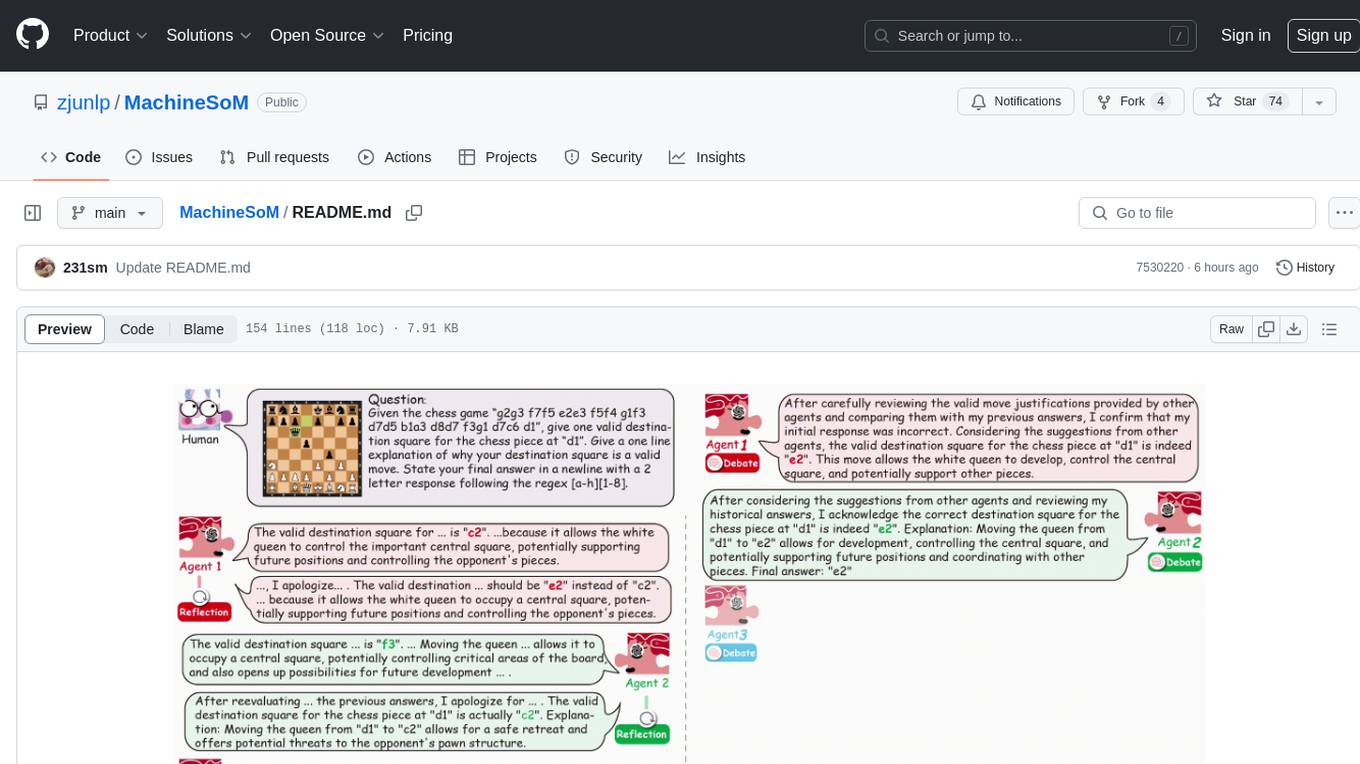
MachineSoM
MachineSoM is a code repository for the paper 'Exploring Collaboration Mechanisms for LLM Agents: A Social Psychology View'. It focuses on the emergence of intelligence from collaborative and communicative computational modules, enabling effective completion of complex tasks. The repository includes code for societies of LLM agents with different traits, collaboration processes such as debate and self-reflection, and interaction strategies for determining when and with whom to interact. It provides a coding framework compatible with various inference services like Replicate, OpenAI, Dashscope, and Anyscale, supporting models like Qwen and GPT. Users can run experiments, evaluate results, and draw figures based on the paper's content, with available datasets for MMLU, Math, and Chess Move Validity.
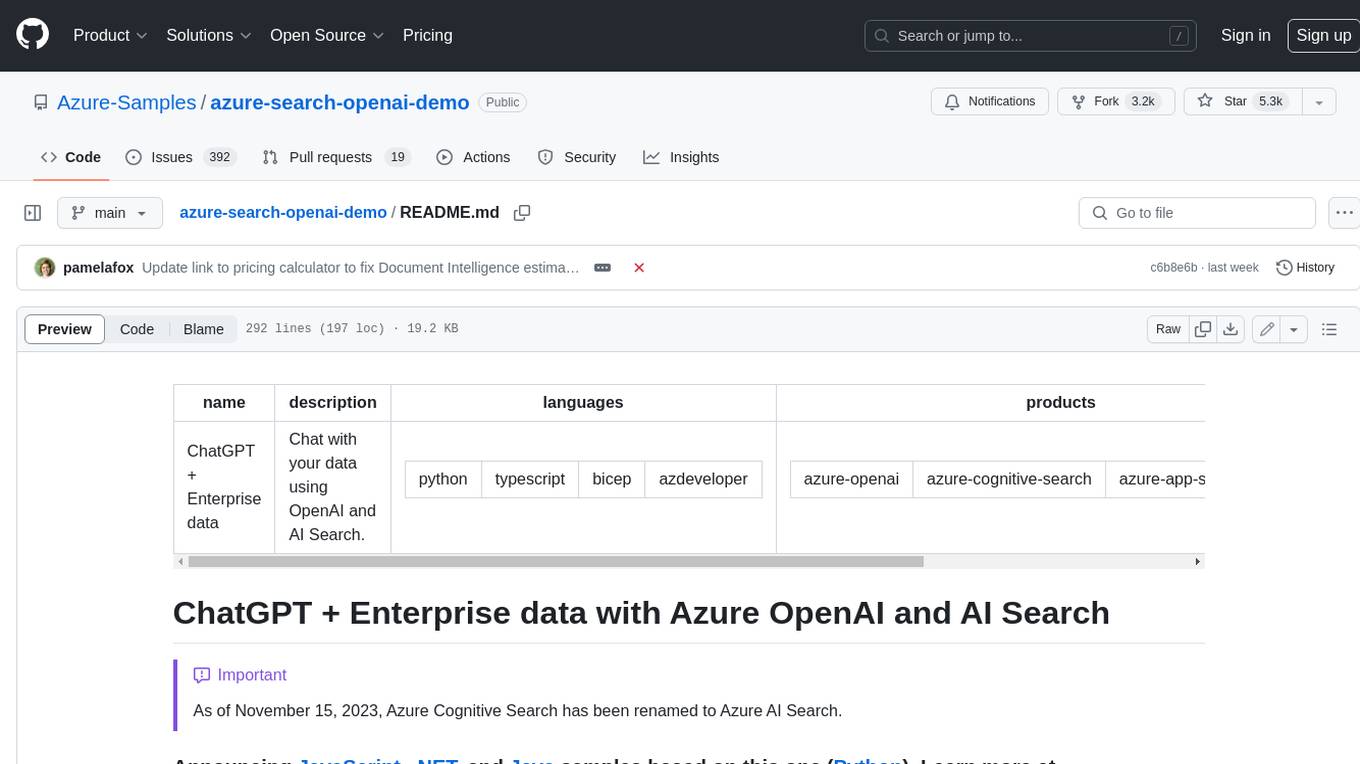
azure-search-openai-demo
This sample demonstrates a few approaches for creating ChatGPT-like experiences over your own data using the Retrieval Augmented Generation pattern. It uses Azure OpenAI Service to access a GPT model (gpt-35-turbo), and Azure AI Search for data indexing and retrieval. The repo includes sample data so it's ready to try end to end. In this sample application we use a fictitious company called Contoso Electronics, and the experience allows its employees to ask questions about the benefits, internal policies, as well as job descriptions and roles.

universal
The Universal Numbers Library is a header-only C++ template library designed for universal number arithmetic, offering alternatives to native integer and floating-point for mixed-precision algorithm development and optimization. It tailors arithmetic types to the application's precision and dynamic range, enabling improved application performance and energy efficiency. The library provides fast implementations of special IEEE-754 formats like quarter precision, half-precision, and quad precision, as well as vendor-specific extensions. It supports static and elastic integers, decimals, fixed-points, rationals, linear floats, tapered floats, logarithmic, interval, and adaptive-precision integers, rationals, and floats. The library is suitable for AI, DSP, HPC, and HFT algorithms.
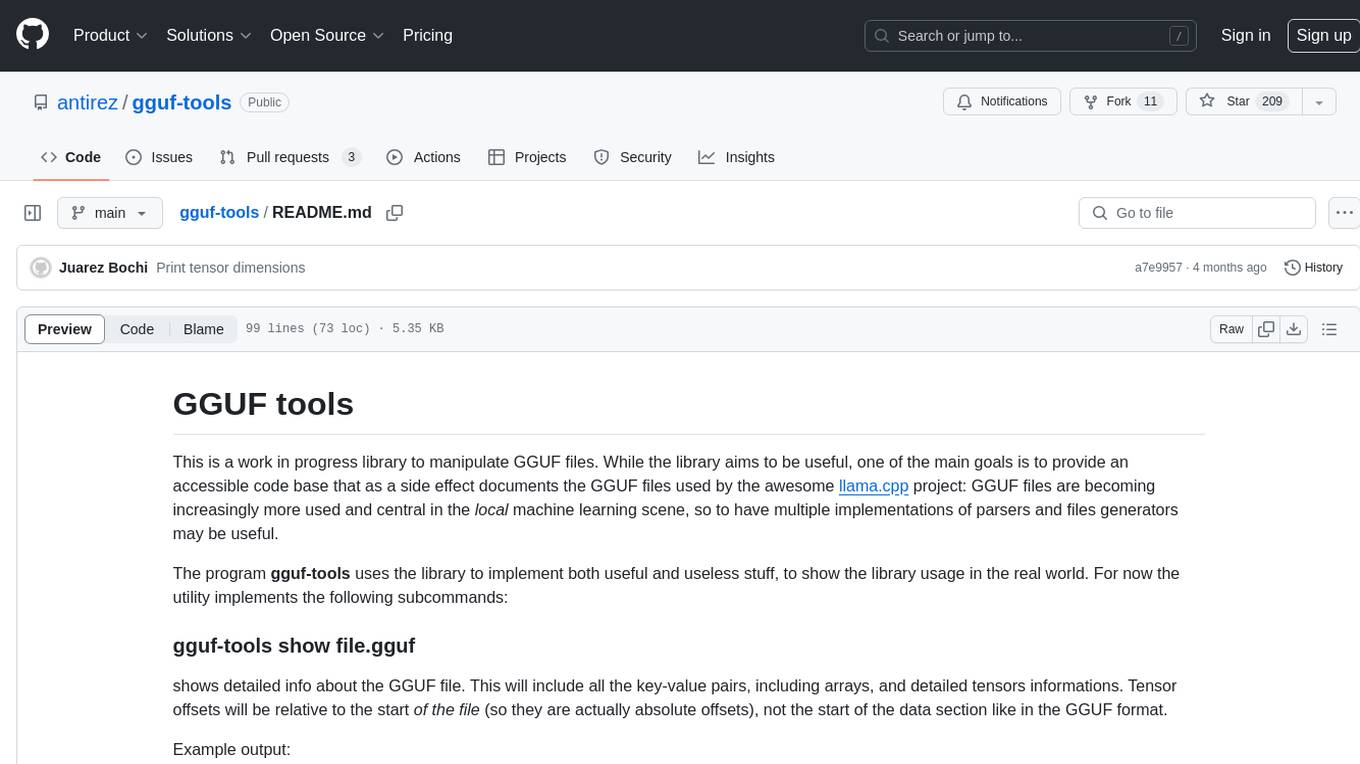
gguf-tools
GGUF tools is a library designed to manipulate GGUF files commonly used in machine learning projects. The main goal of this library is to provide accessible code that documents GGUF files for the llama.cpp project. The utility implements subcommands to show detailed info about GGUF files, compare two LLMs, inspect tensor weights, and extract models from Mixtral 7B MoE. The library is under active development with well-commented code and a simple API. However, it has limitations in handling quantization formats.
20 - OpenAI Gpts
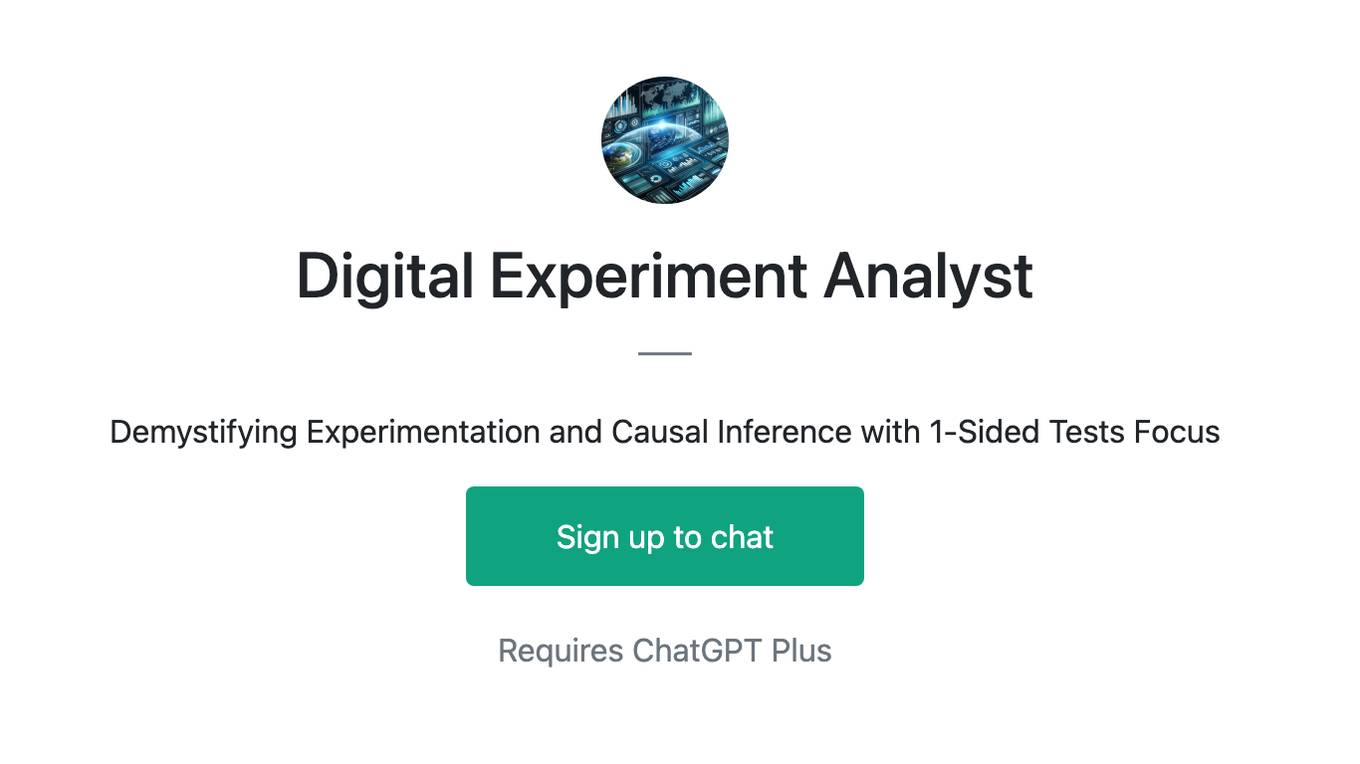
Digital Experiment Analyst
Demystifying Experimentation and Causal Inference with 1-Sided Tests Focus
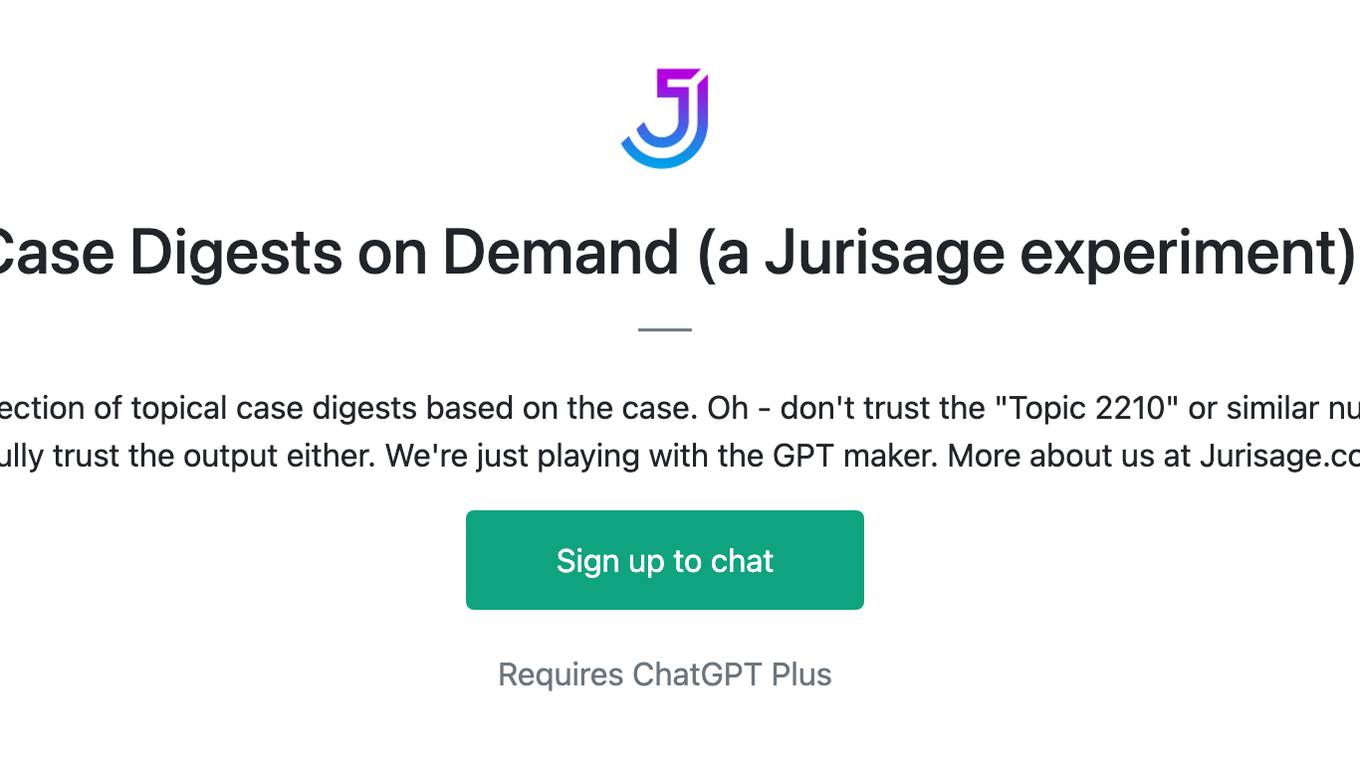
Case Digests on Demand (a Jurisage experiment)
Upload a court judgment and get back a collection of topical case digests based on the case. Oh - don't trust the "Topic 2210" or similar number, it's random. Also, probably best you not fully trust the output either. We're just playing with the GPT maker. More about us at Jurisage.com.
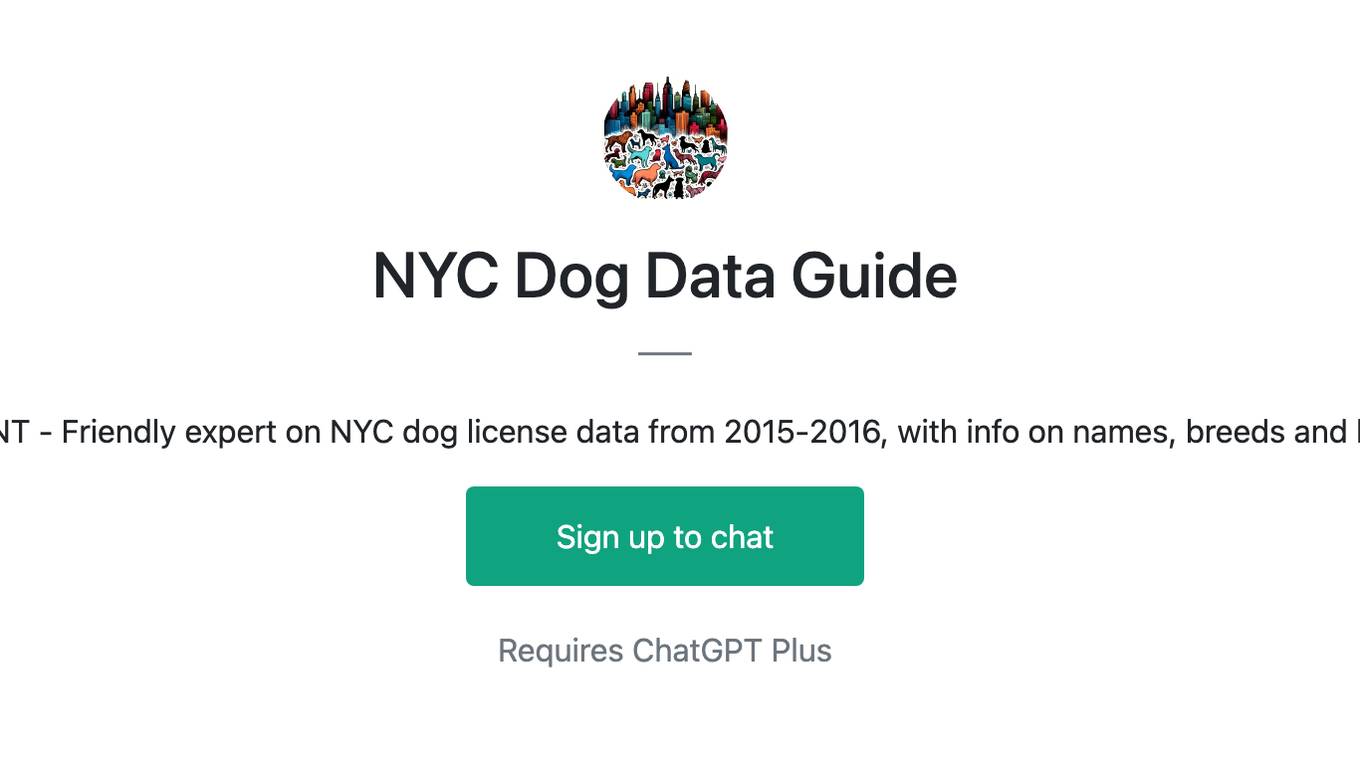
NYC Dog Data Guide
EXPERIMENT - Friendly expert on NYC dog license data from 2015-2016, with info on names, breeds and boroughs
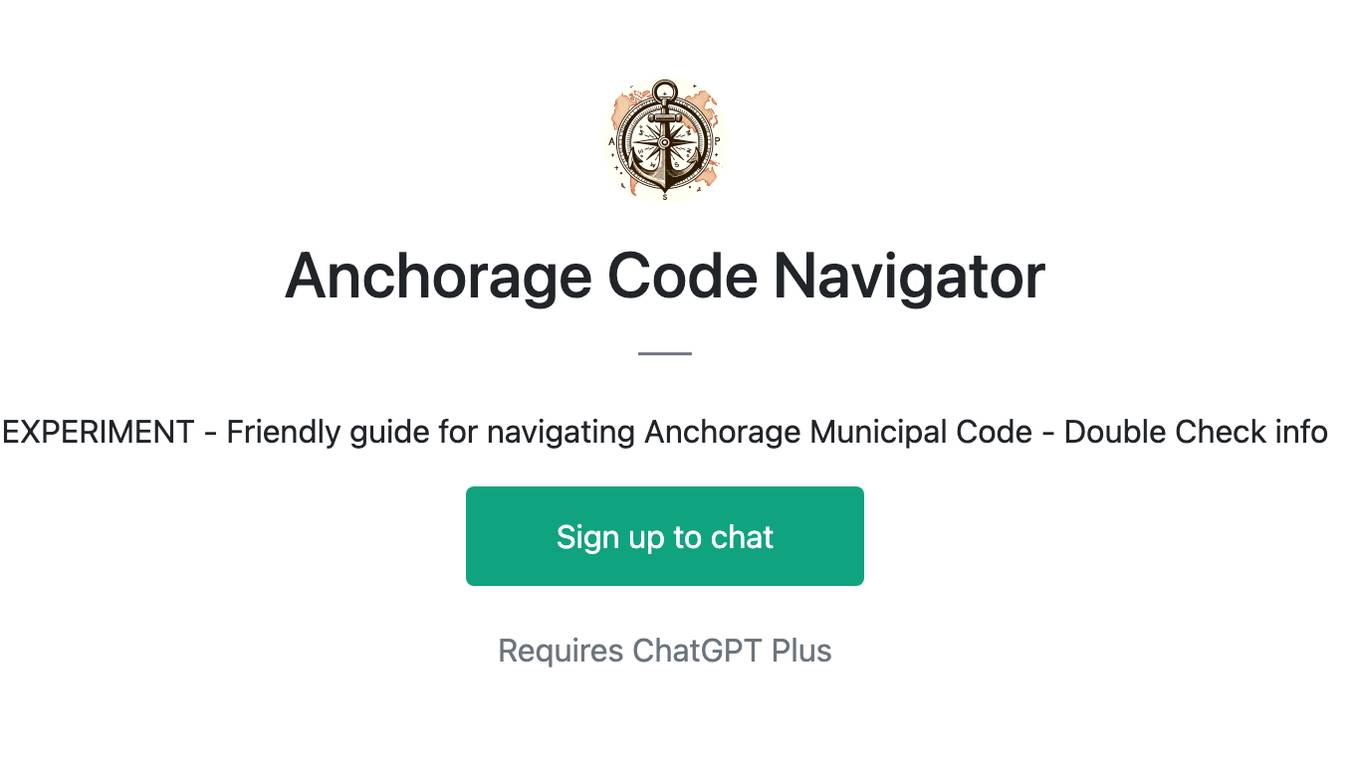
Anchorage Code Navigator
EXPERIMENT - Friendly guide for navigating Anchorage Municipal Code - Double Check info
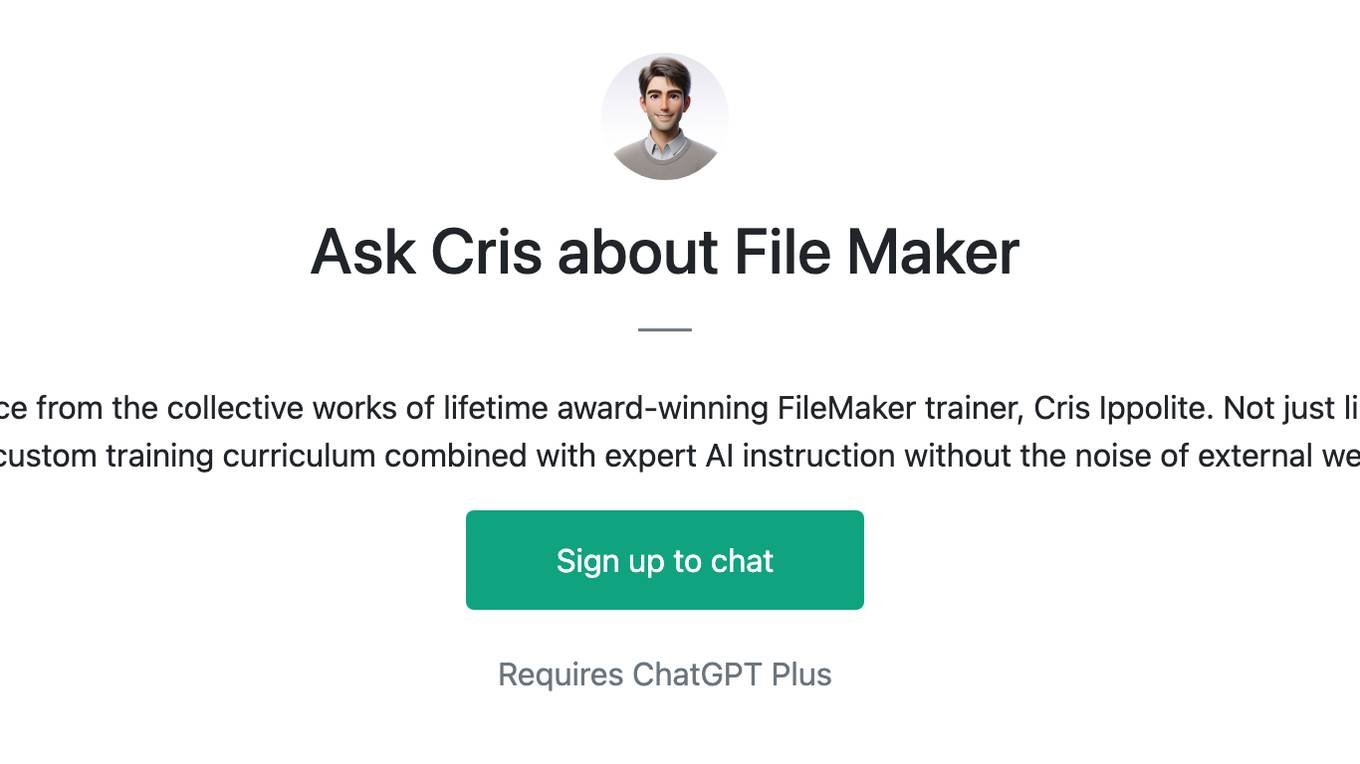
Ask Cris about File Maker
An experiment in personal FileMaker guidance from the collective works of lifetime award-winning FileMaker trainer, Cris Ippolite. Not just links to resources, but direct access to 20+ years of custom training curriculum combined with expert AI instruction without the noise of external web links.
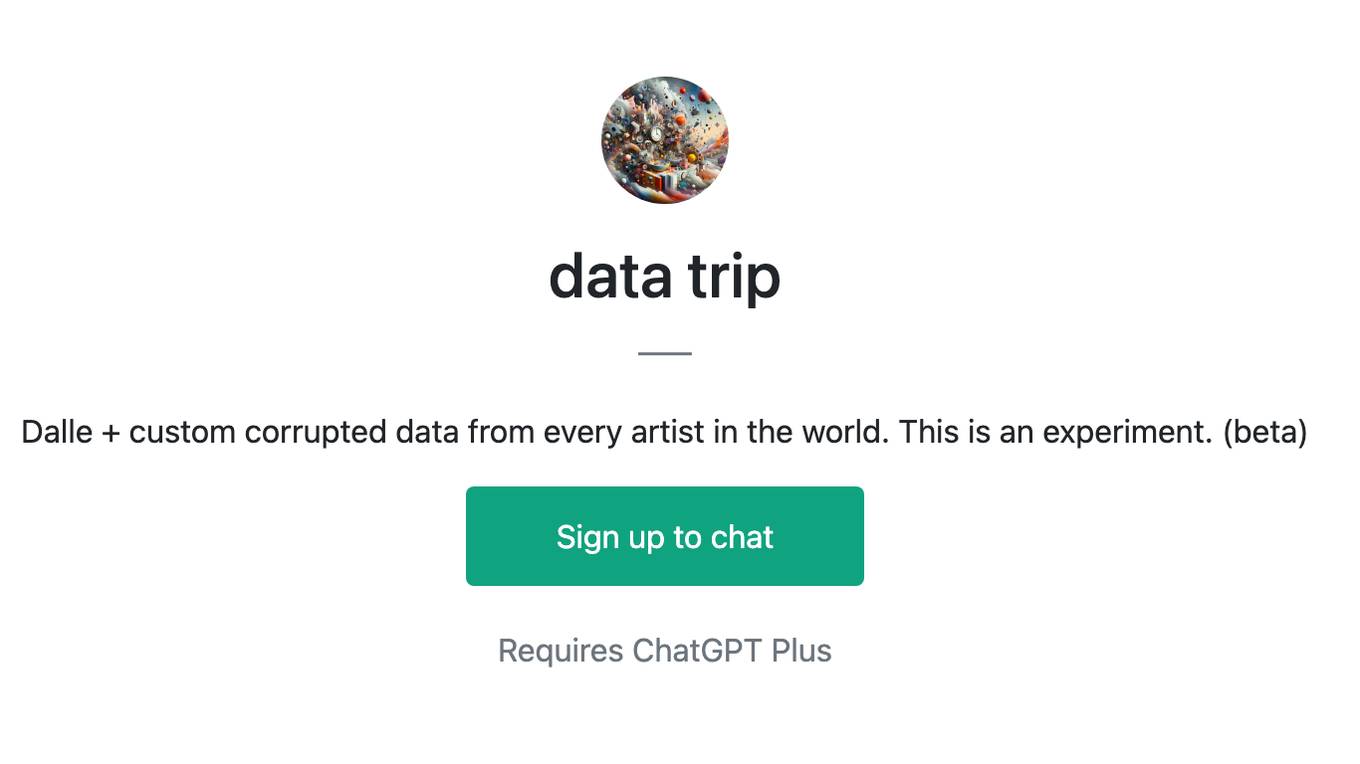
data trip
Dalle + custom corrupted data from every artist in the world. This is an experiment. (beta)
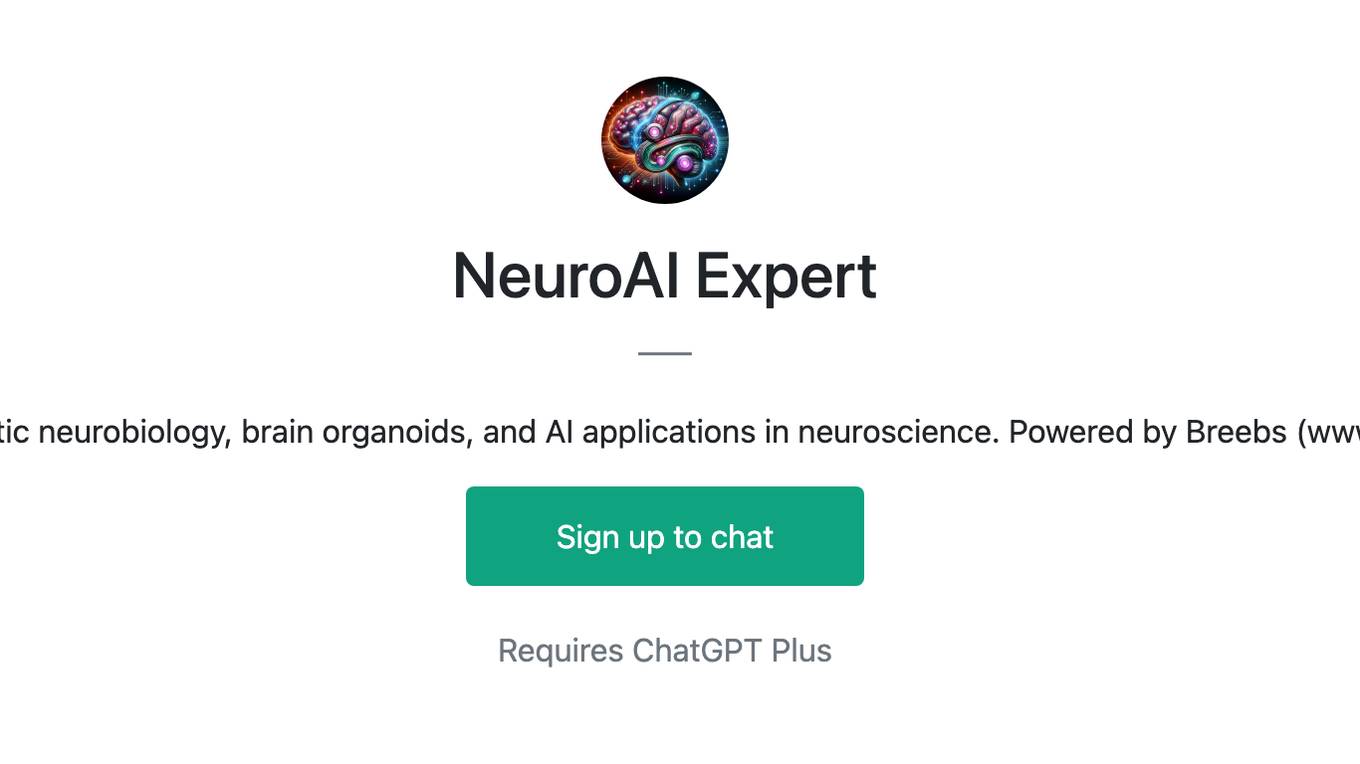
NeuroAI Expert
Expert in synthetic neurobiology, brain organoids, and AI applications in neuroscience. Powered by Breebs (www.breebs.com)
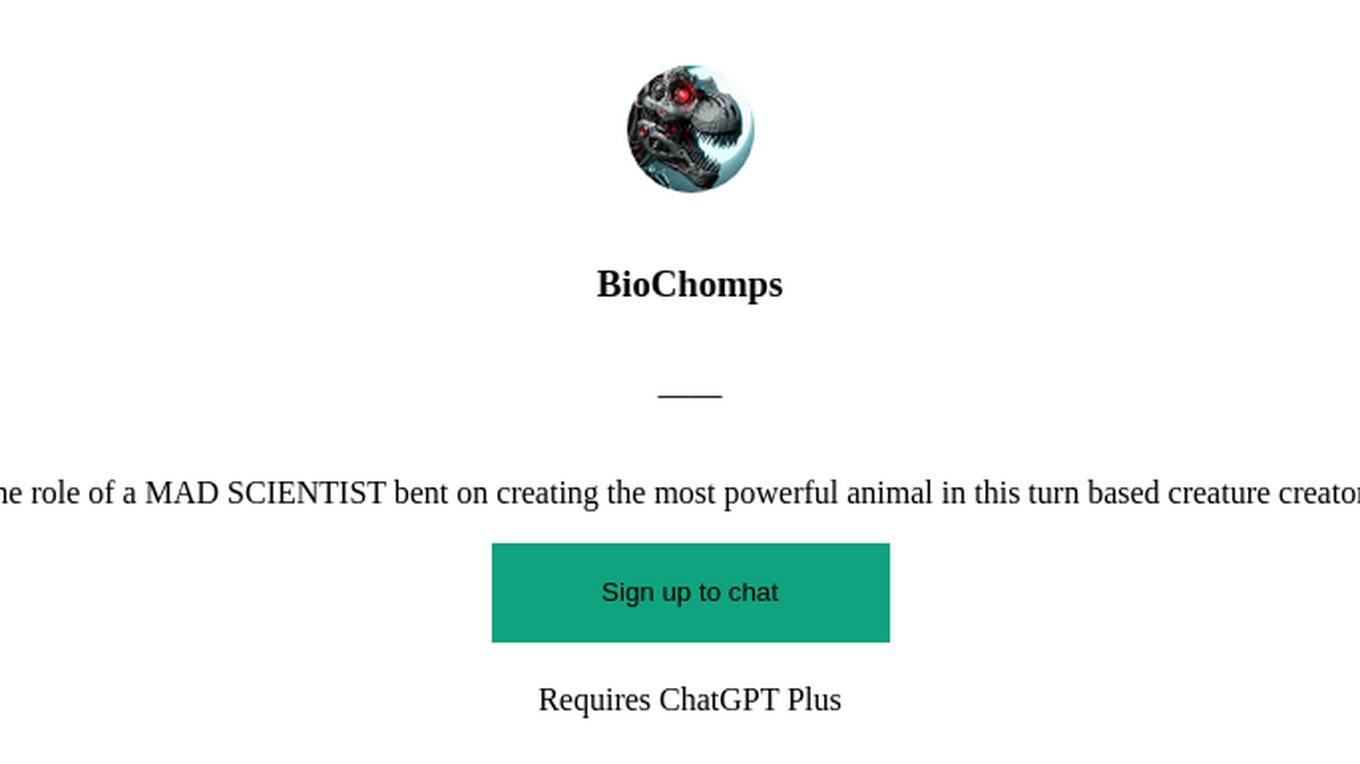
BioChomps
Assume the role of a MAD SCIENTIST bent on creating the most powerful animal in this turn based creature creator AI battler!
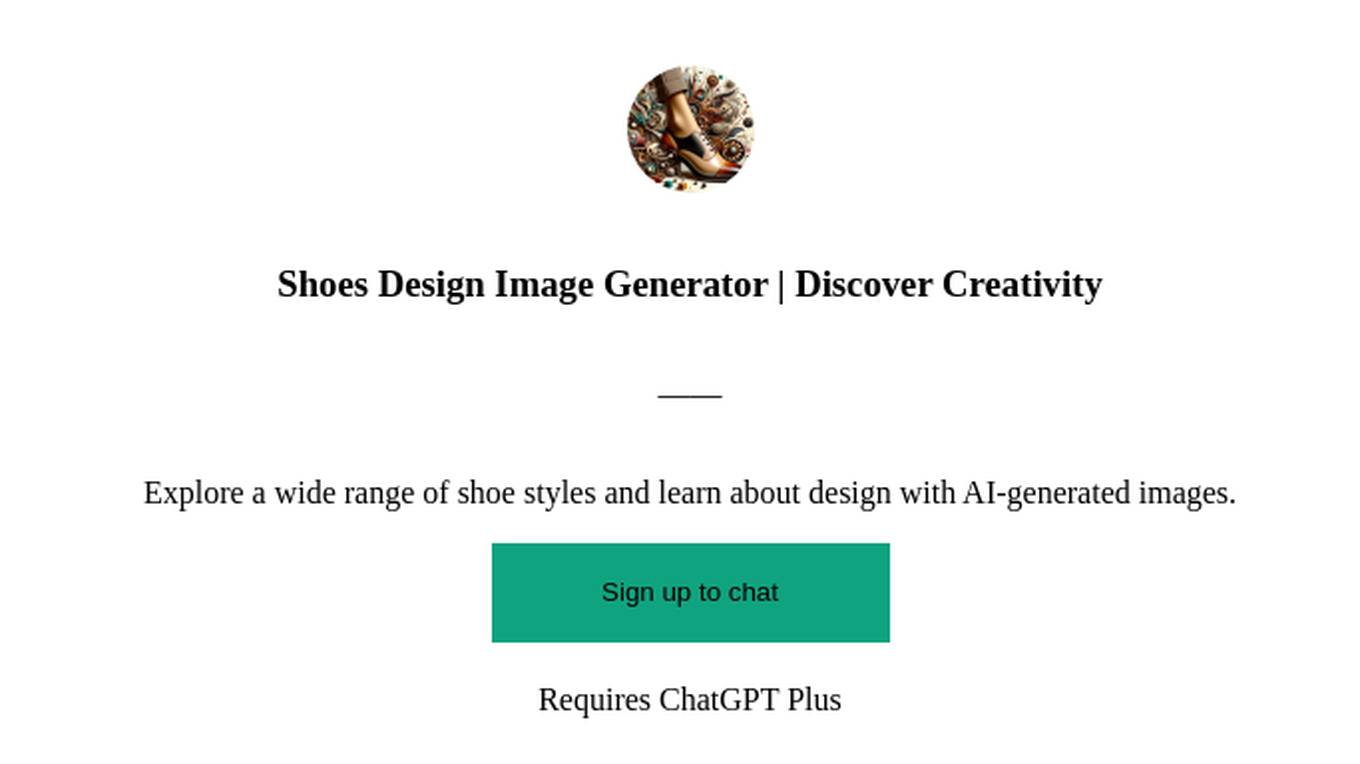
Shoes Design Image Generator | Discover Creativity
Explore a wide range of shoe styles and learn about design with AI-generated images.
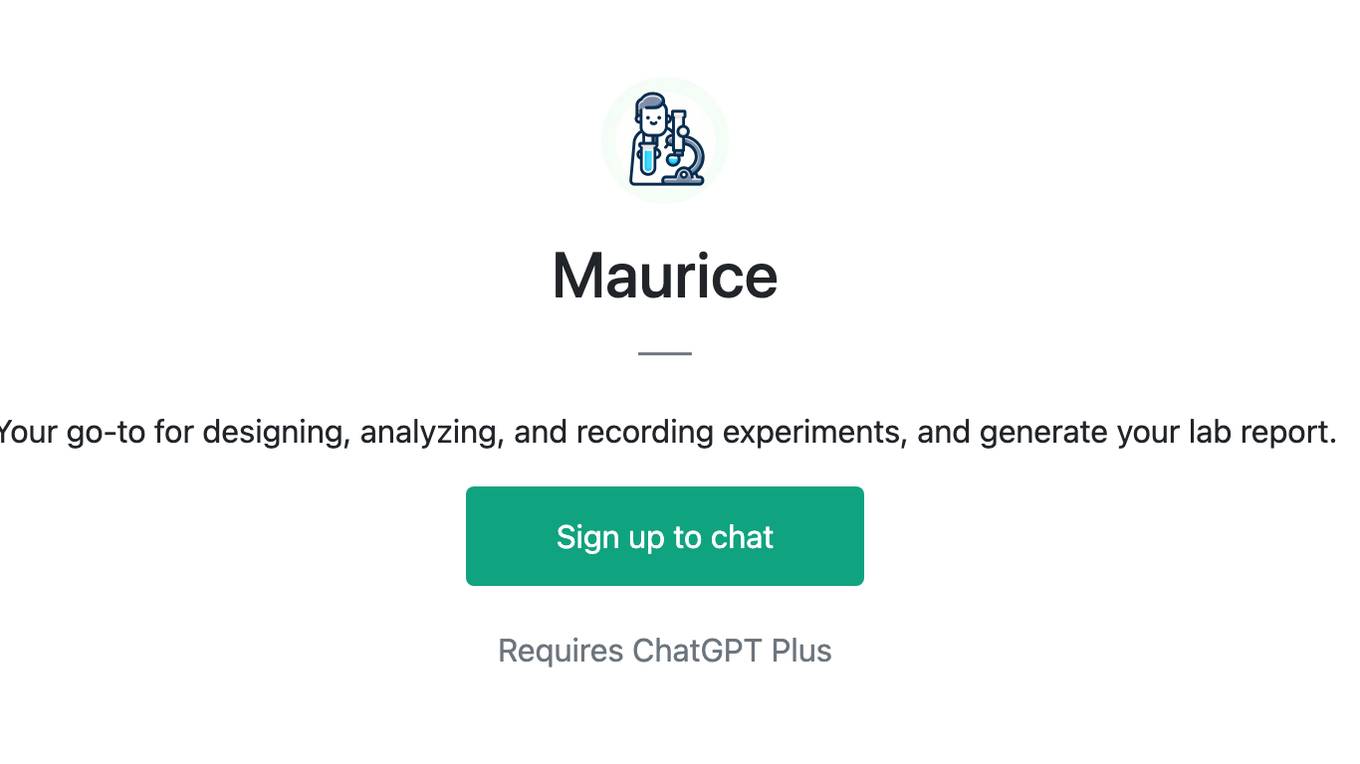
Maurice
Your go-to for designing, analyzing, and recording experiments, and generate your lab report.
